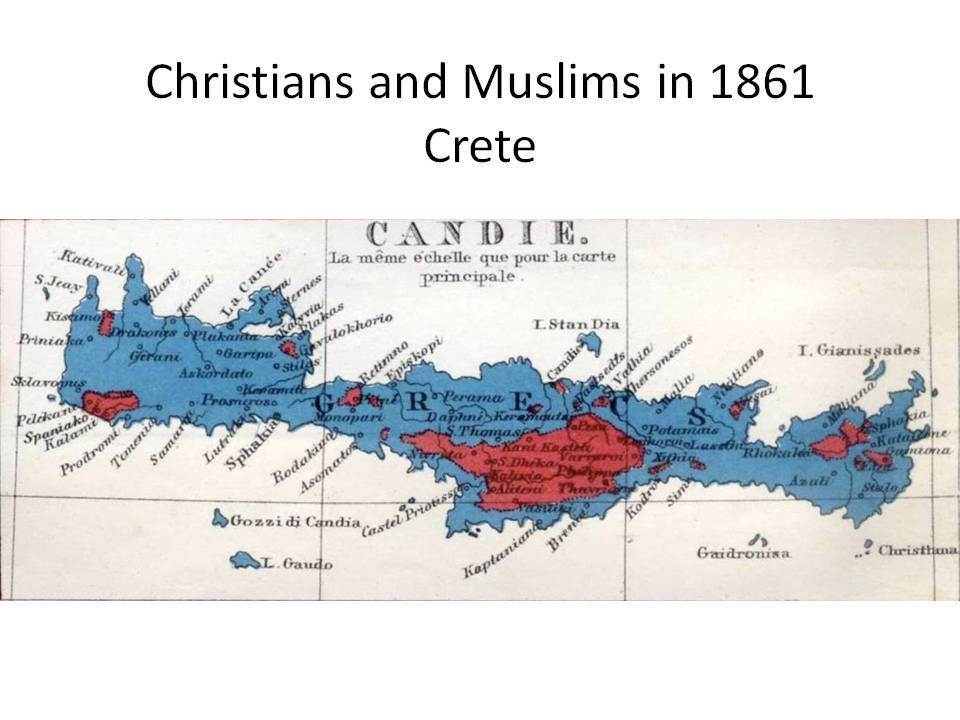
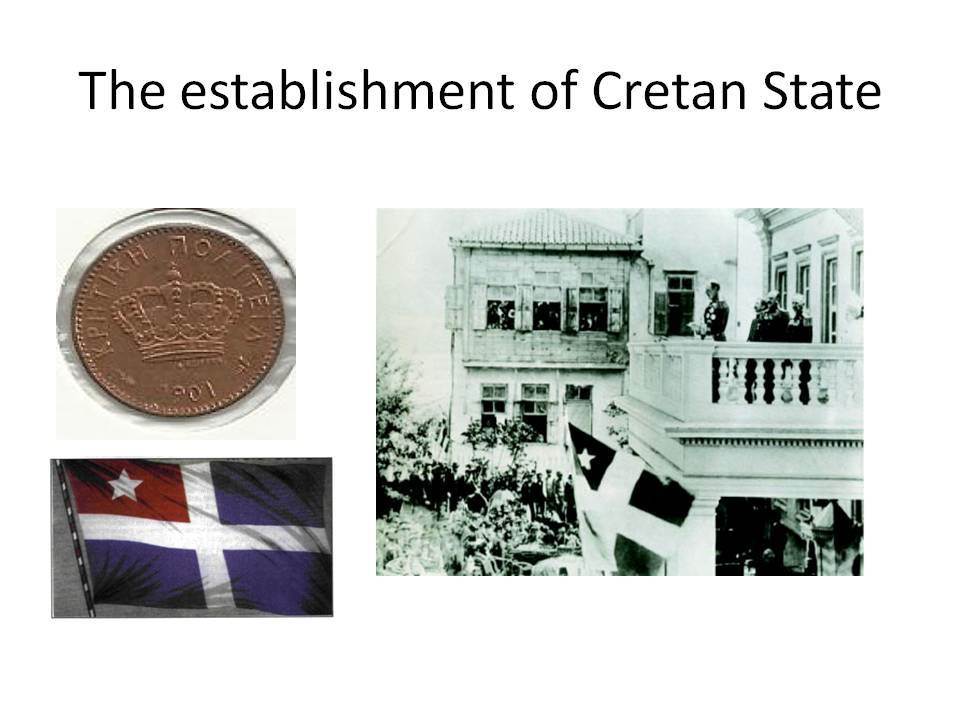
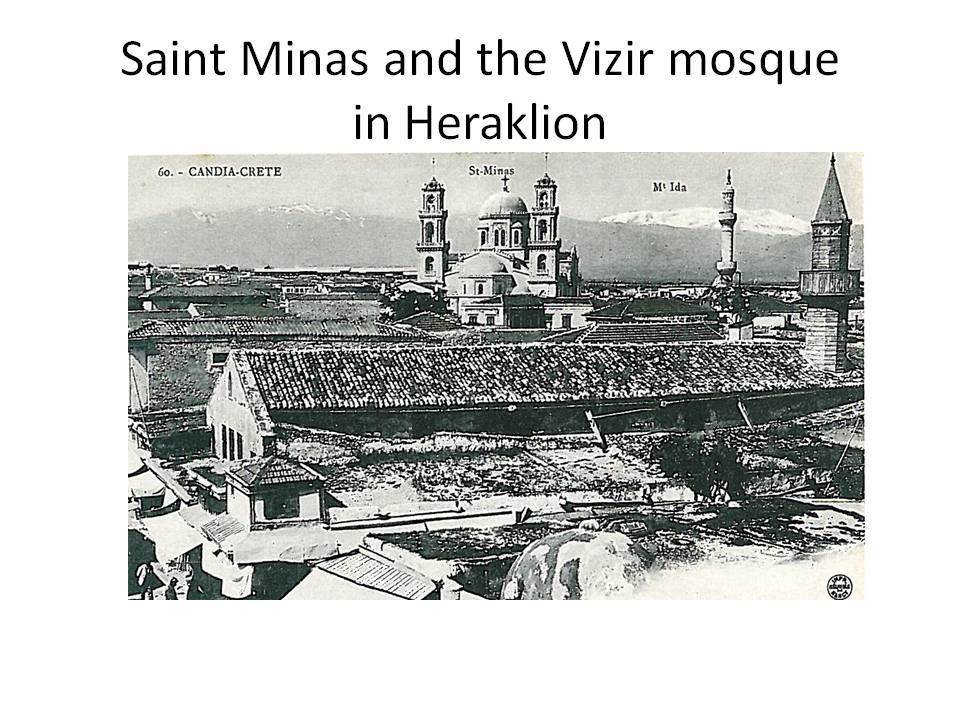
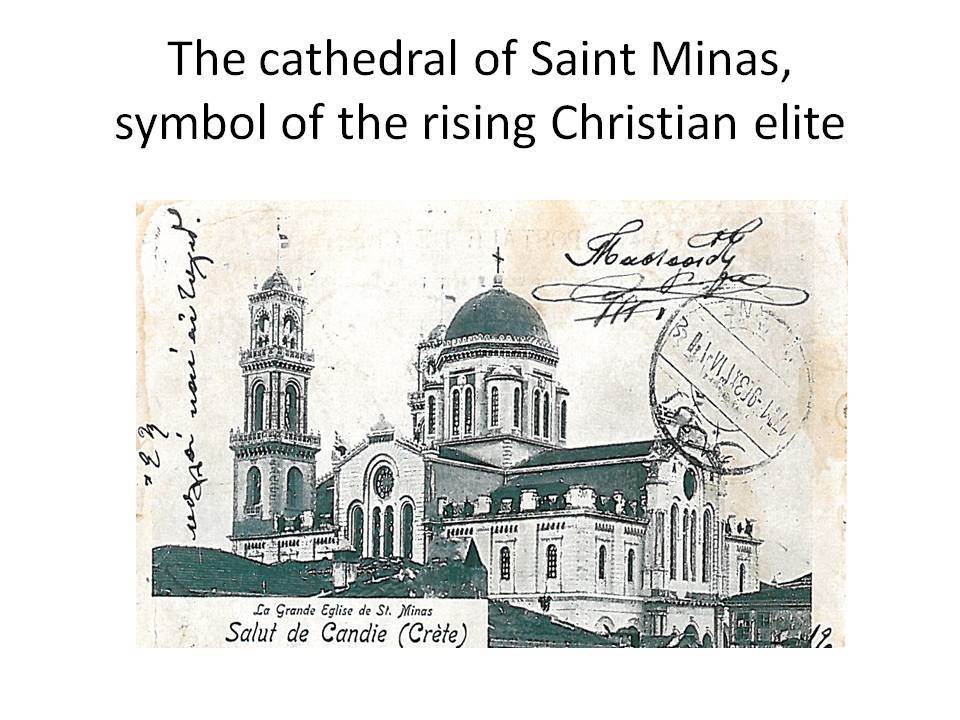
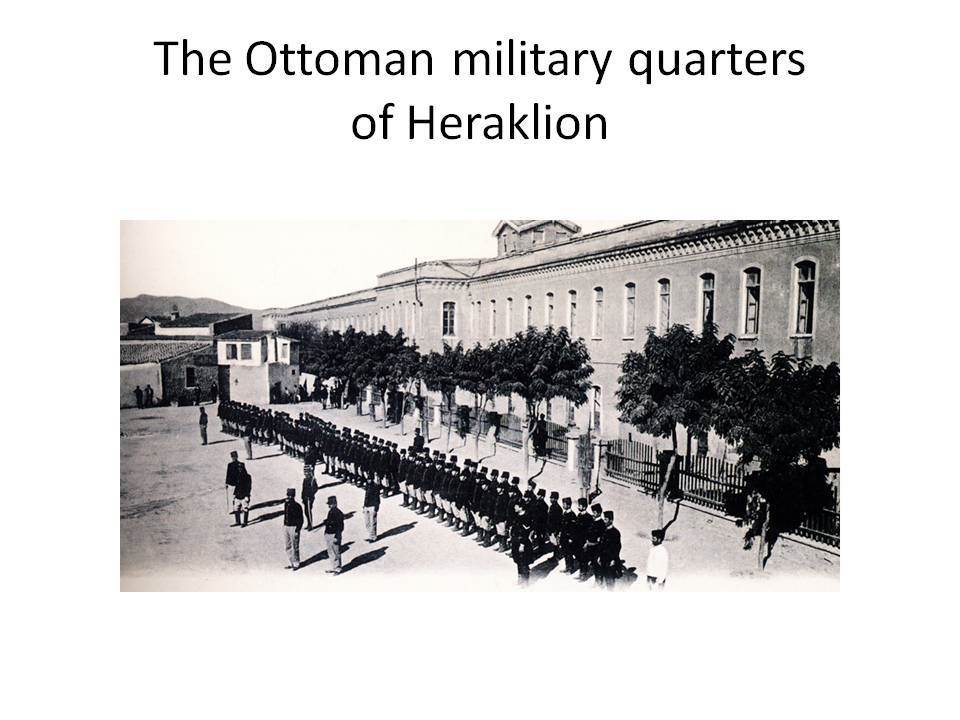
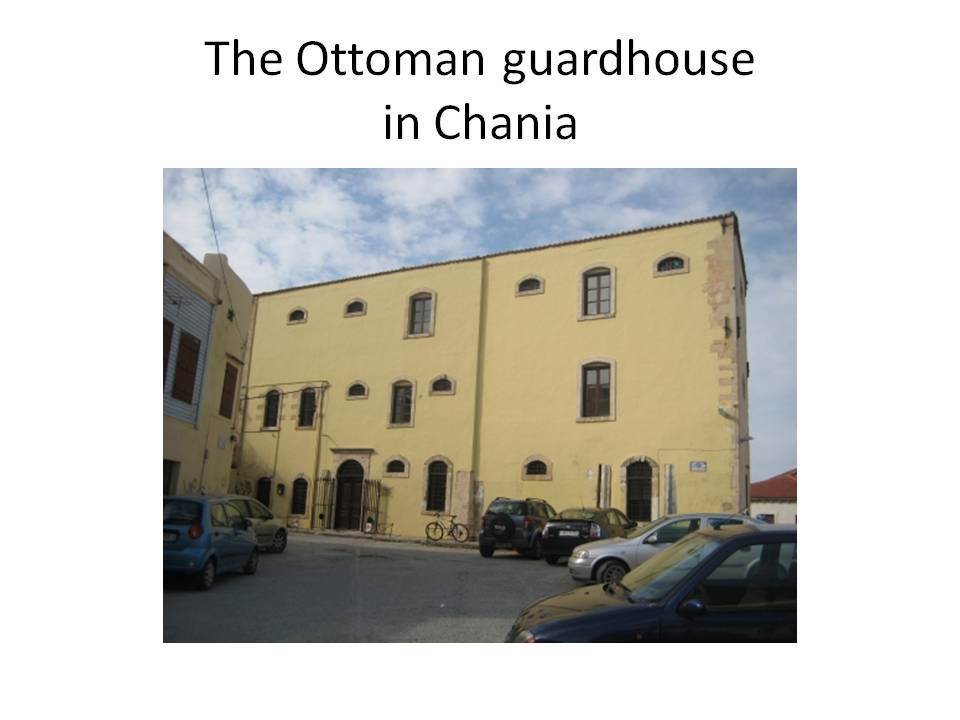
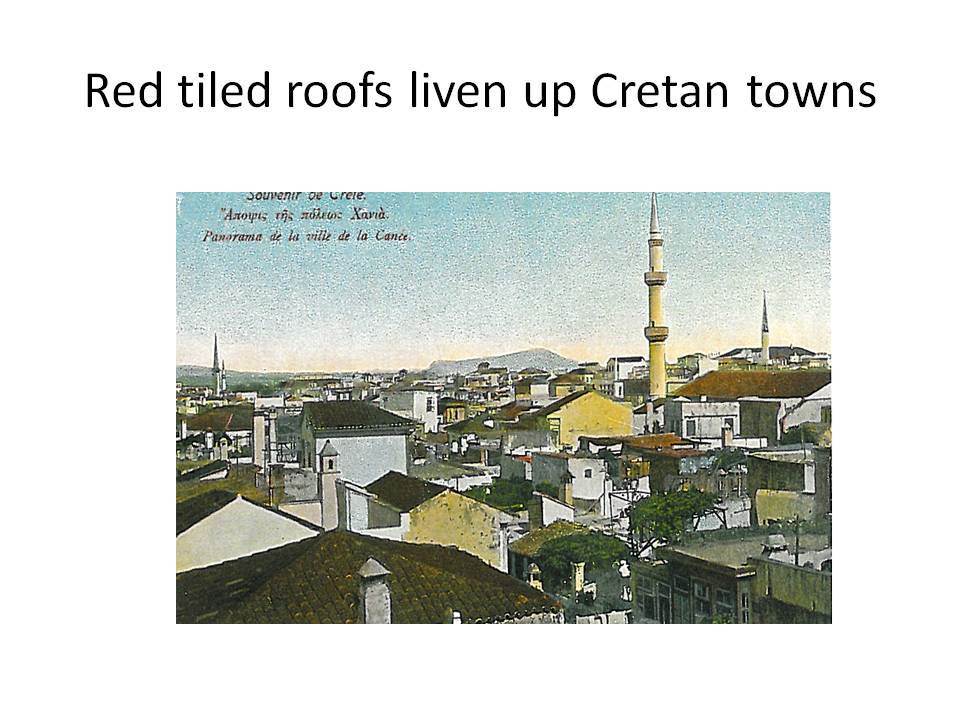
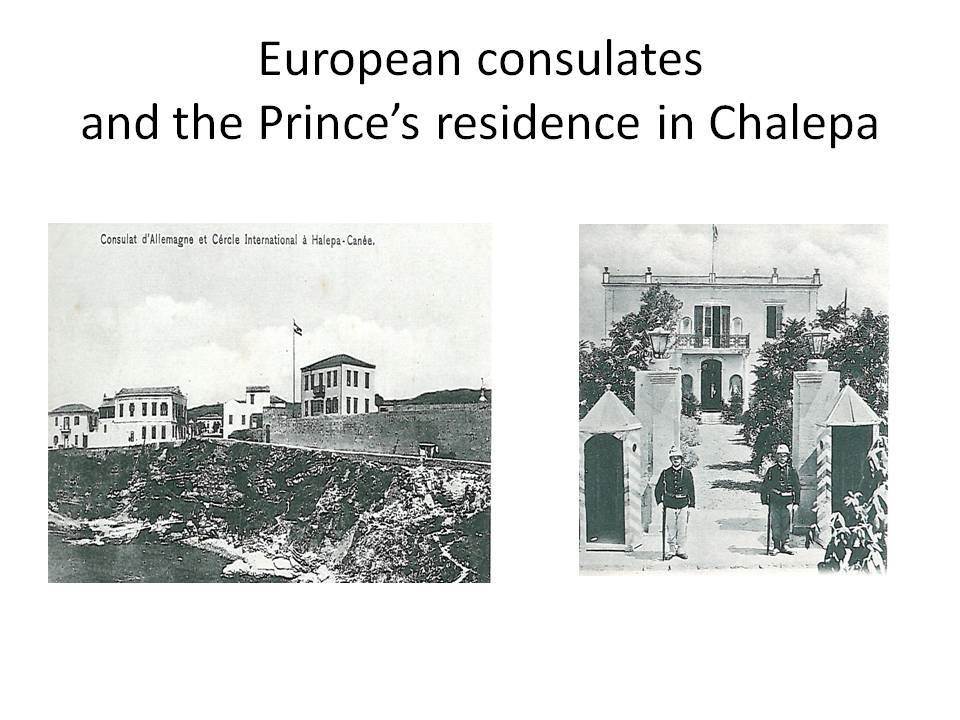
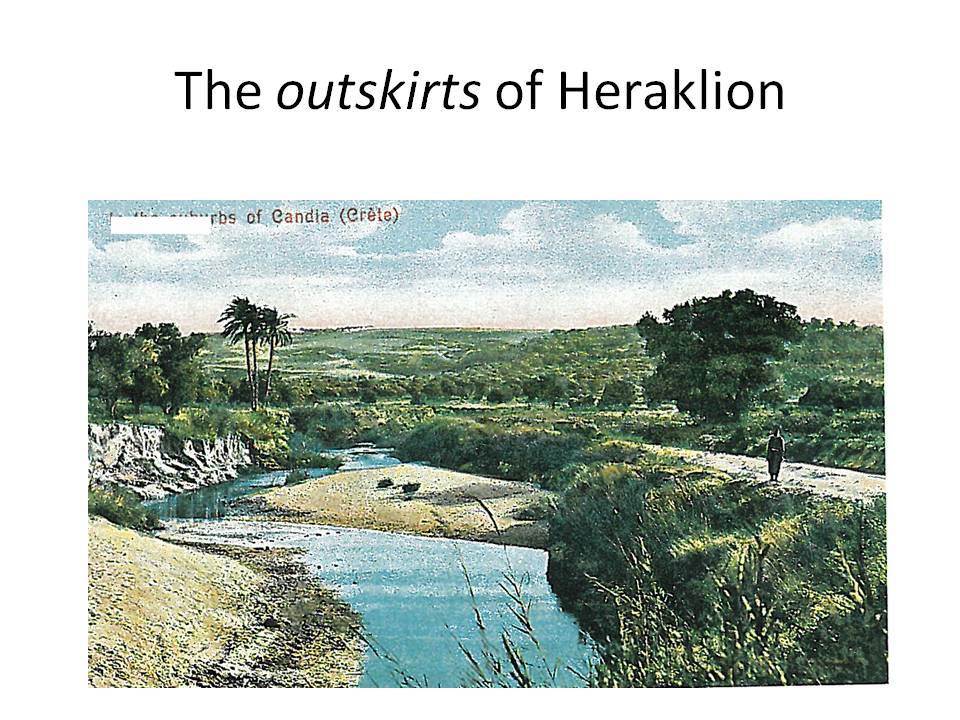
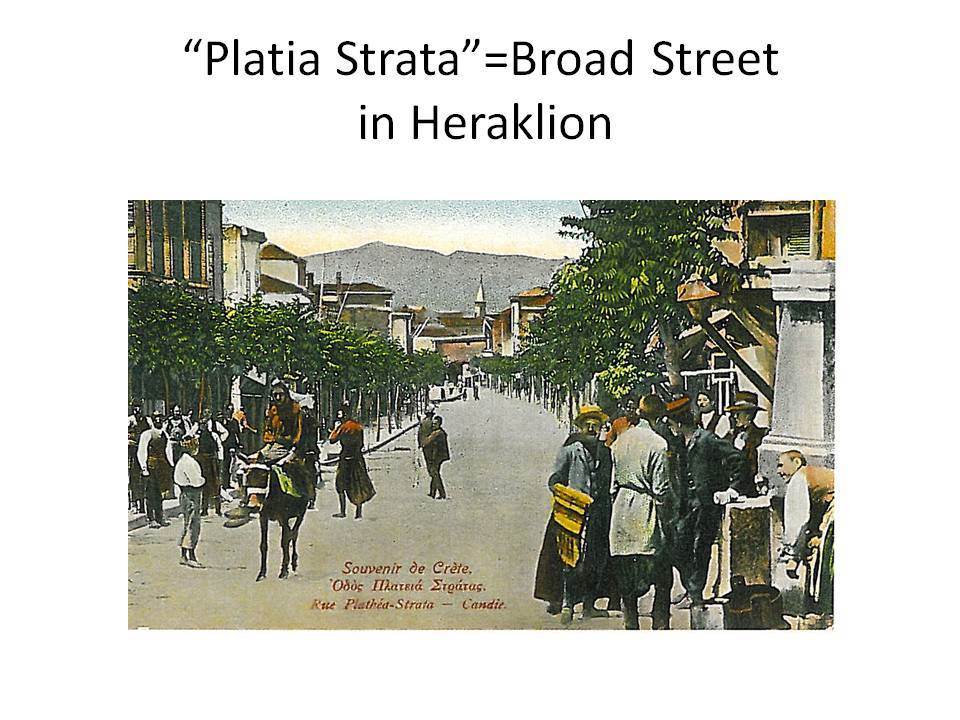
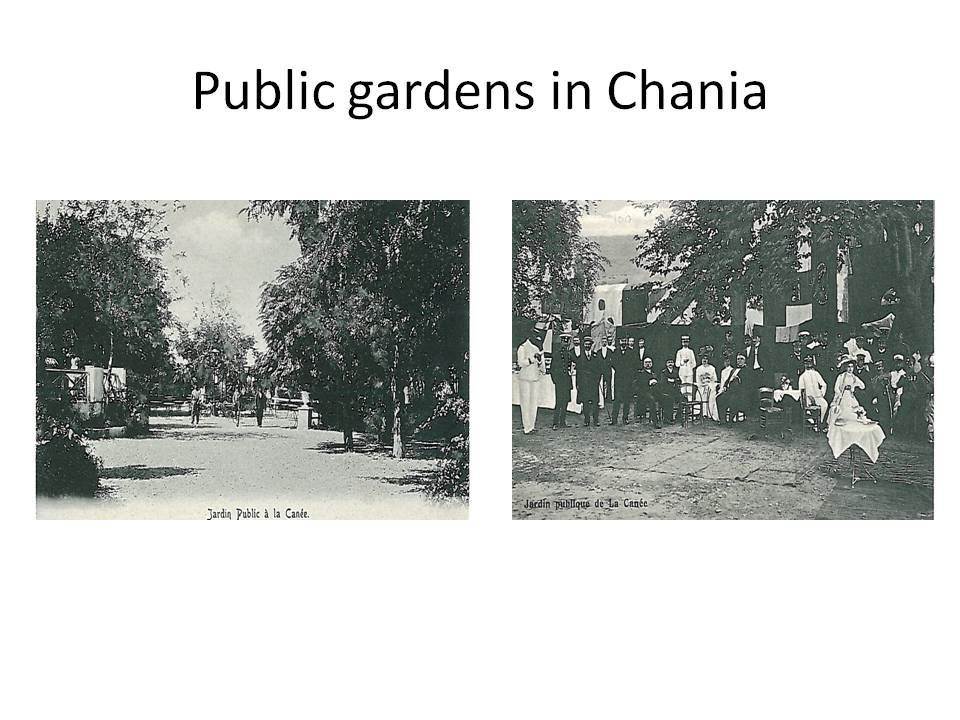
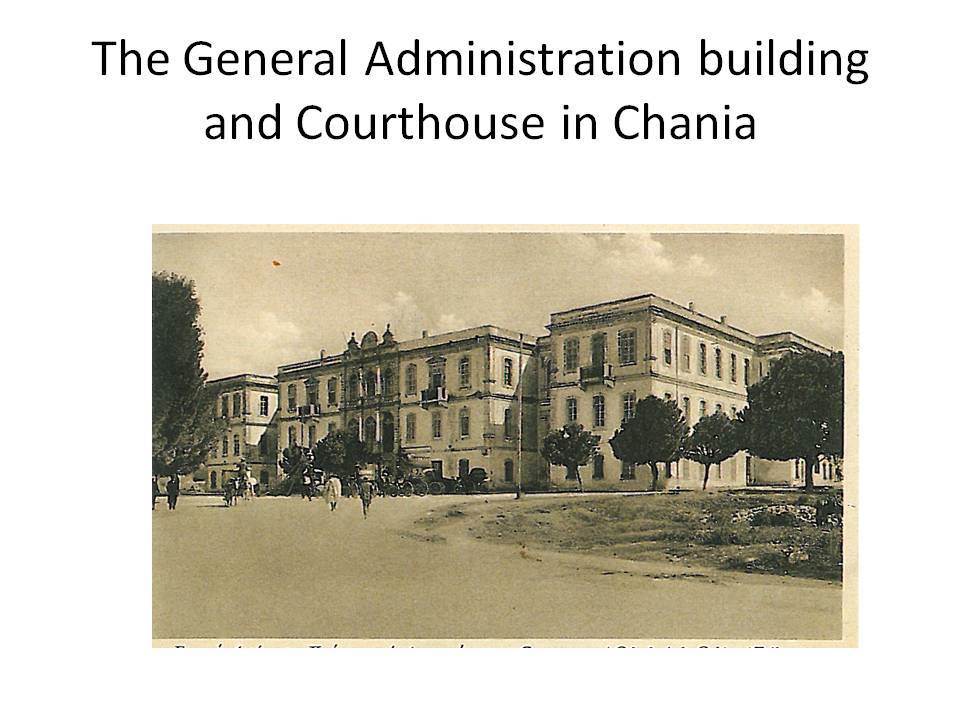
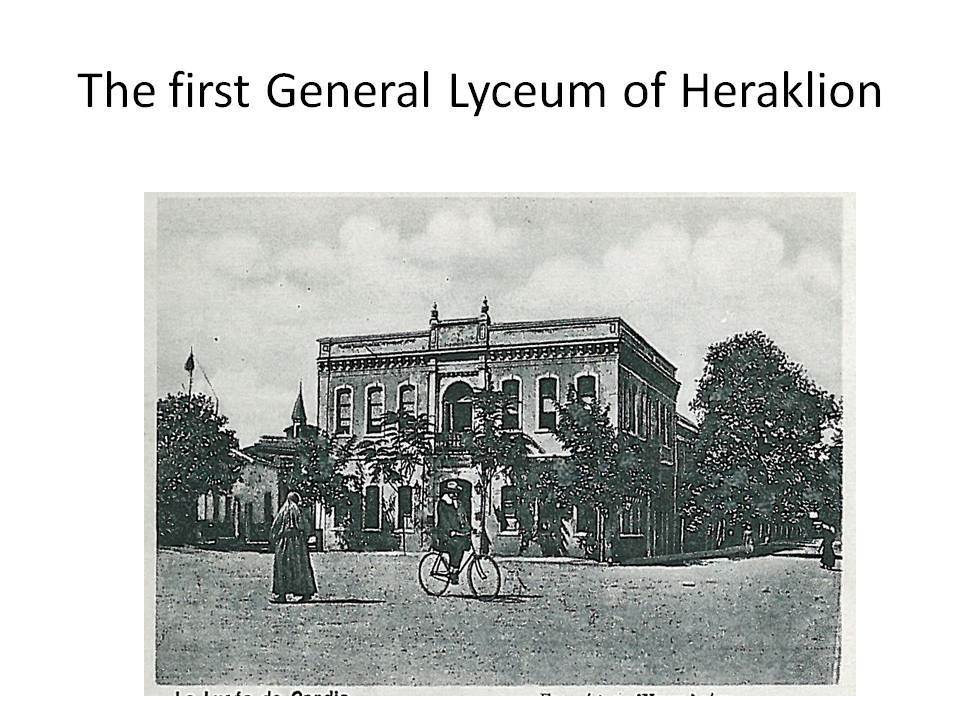
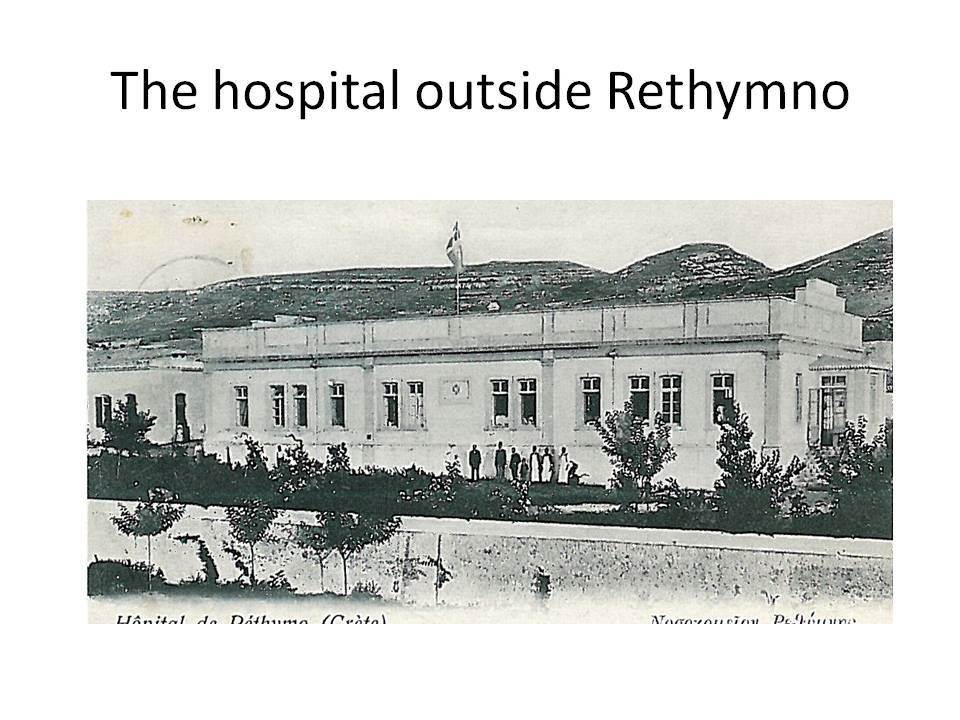
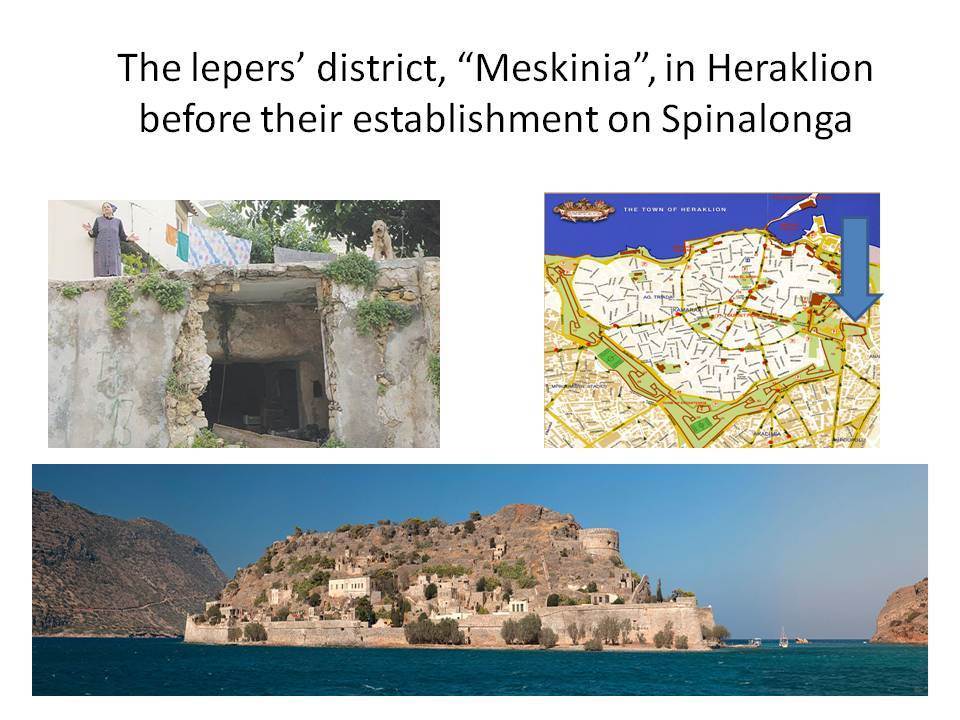
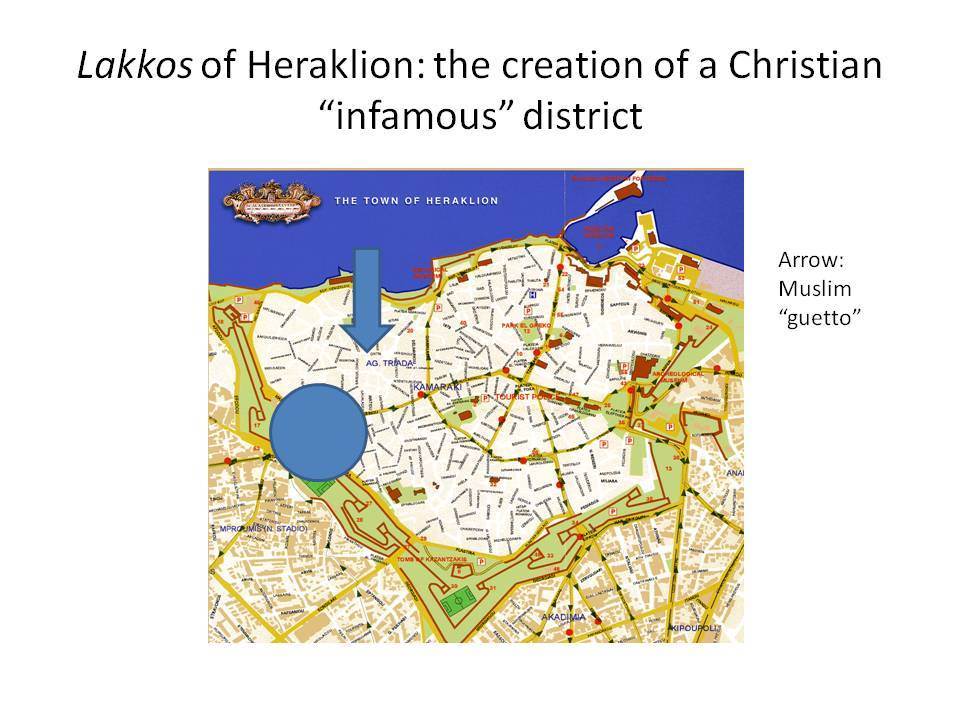
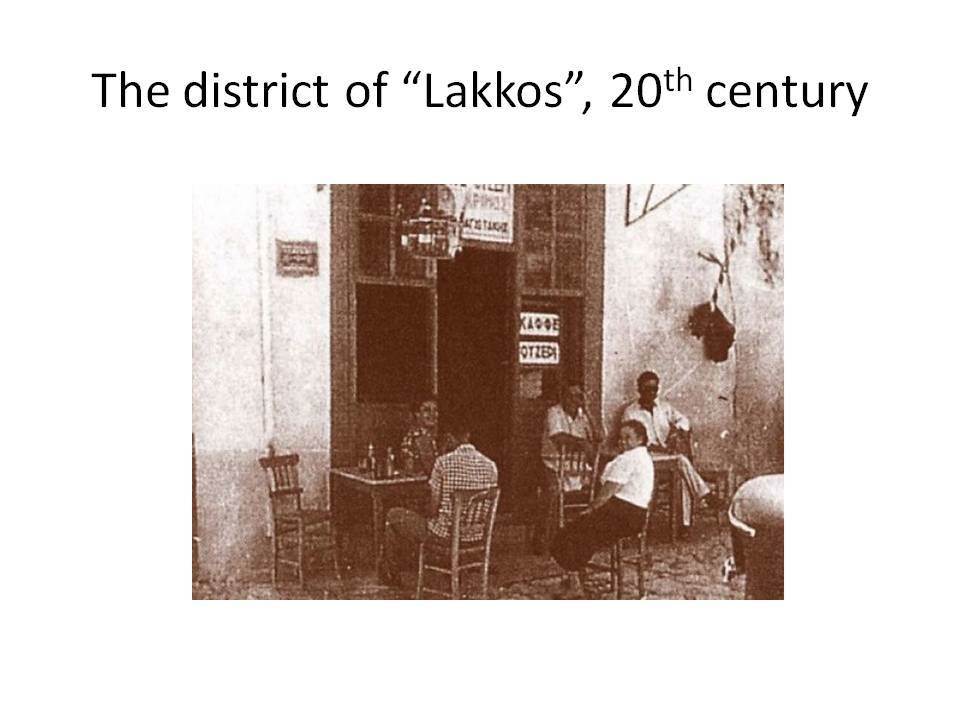
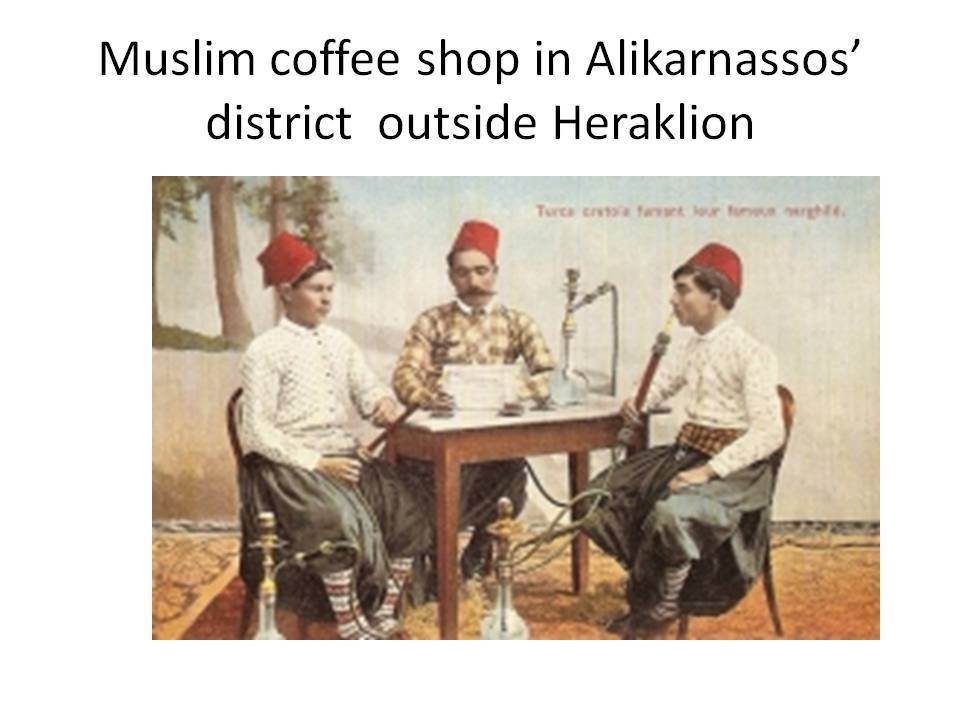
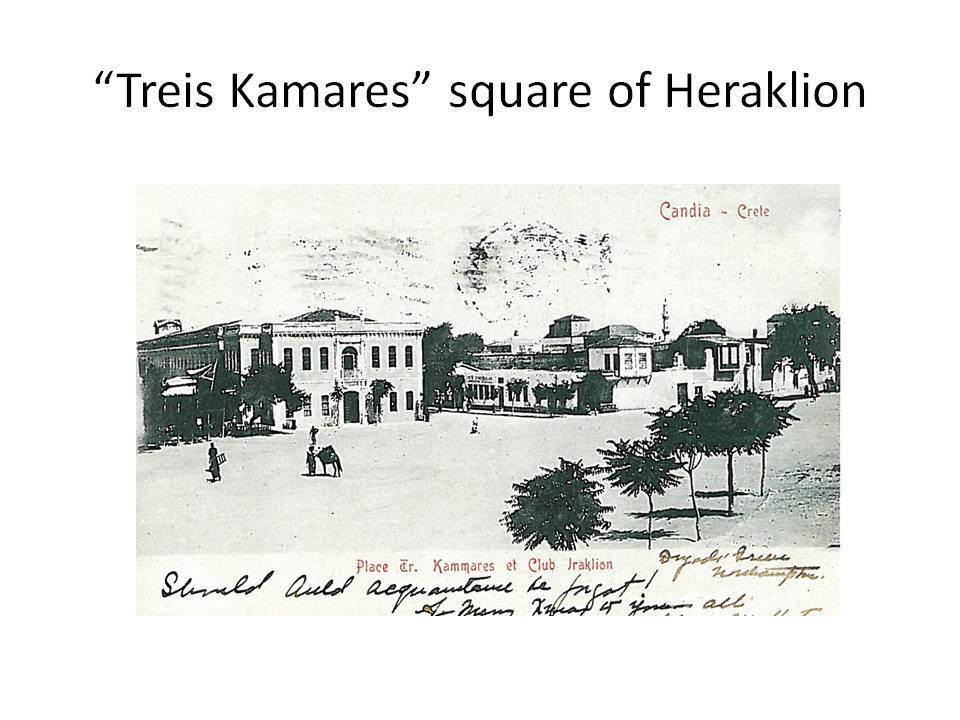
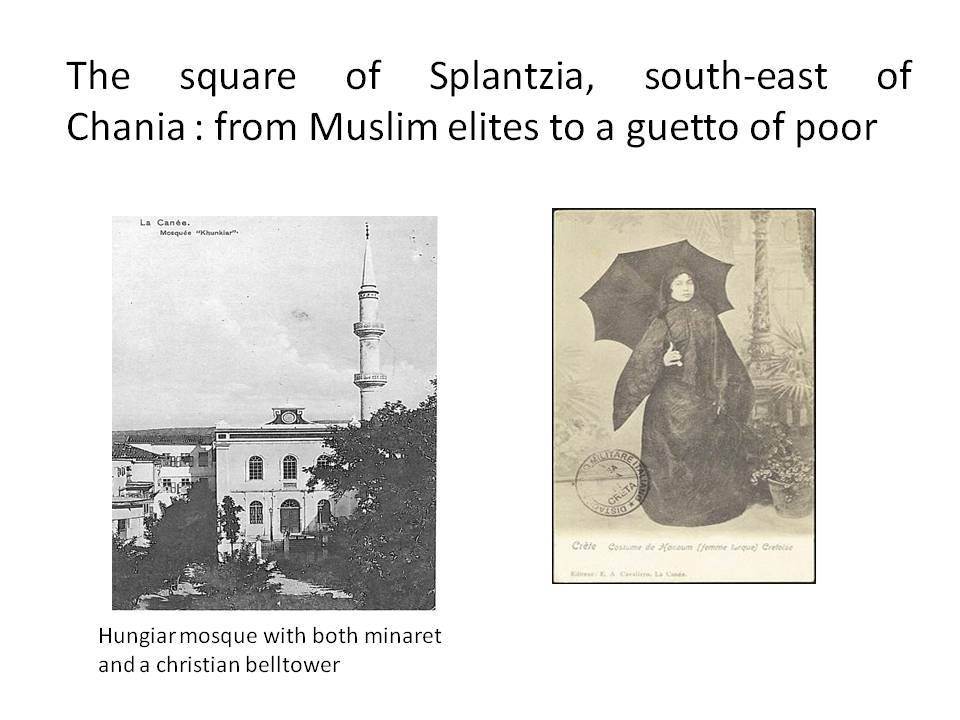
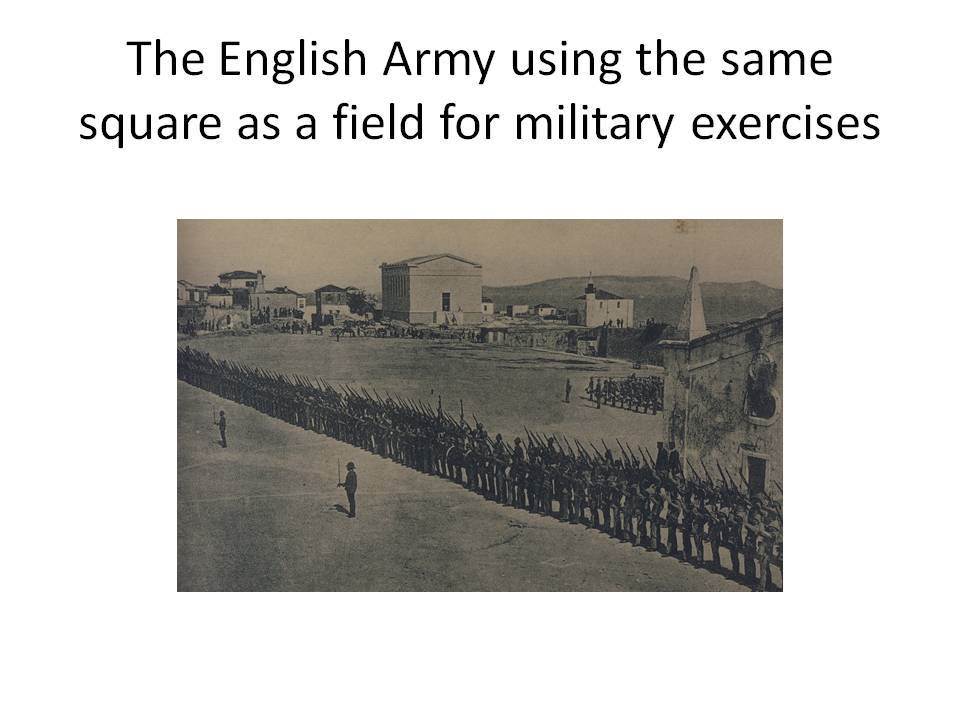
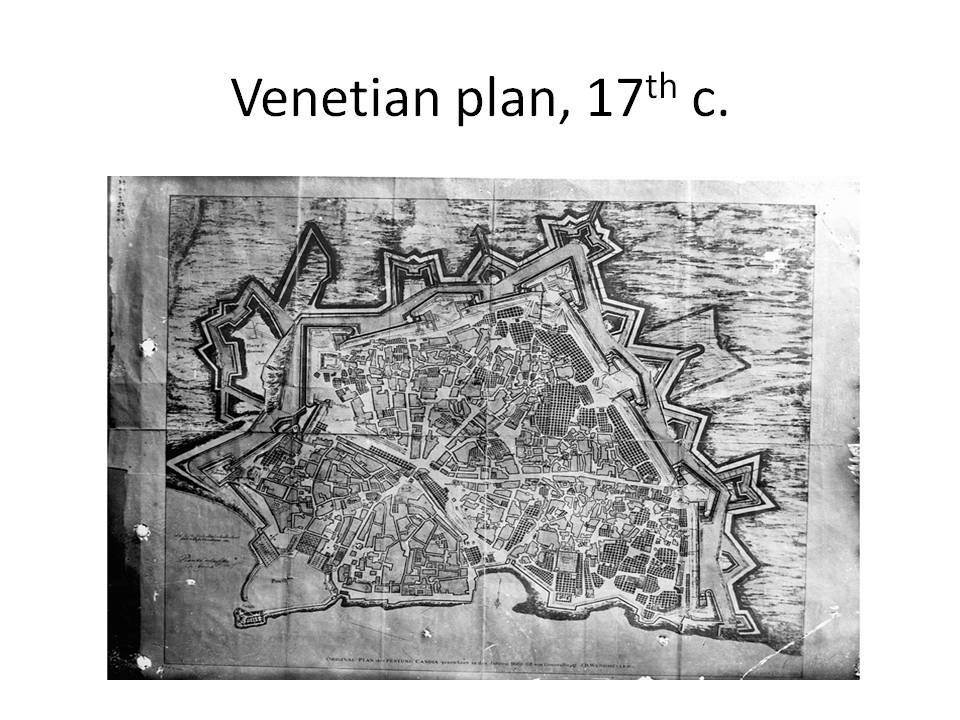
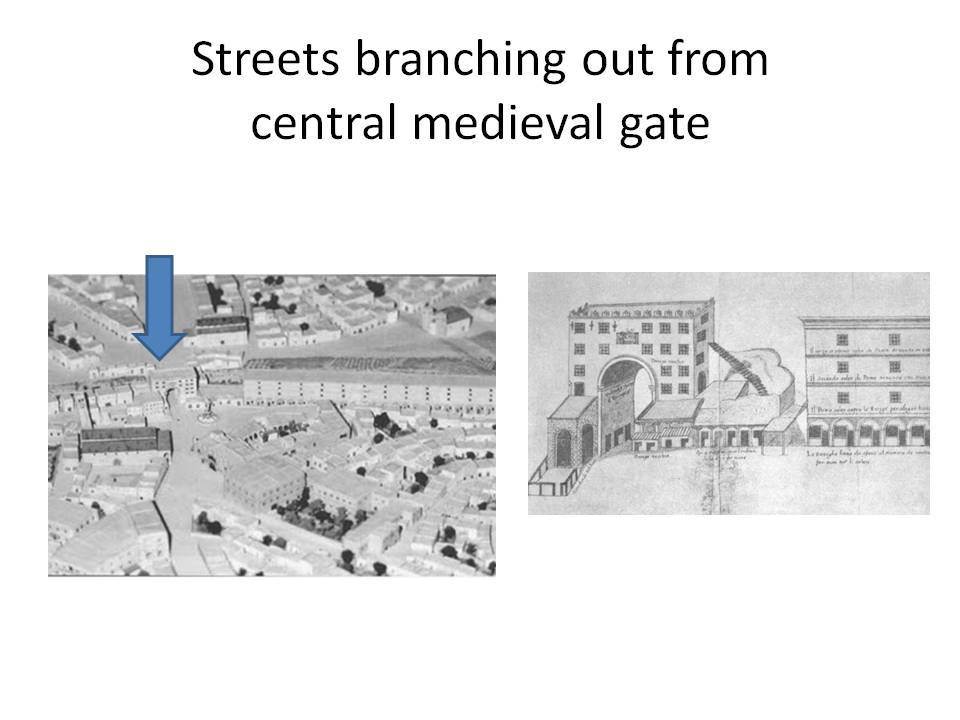
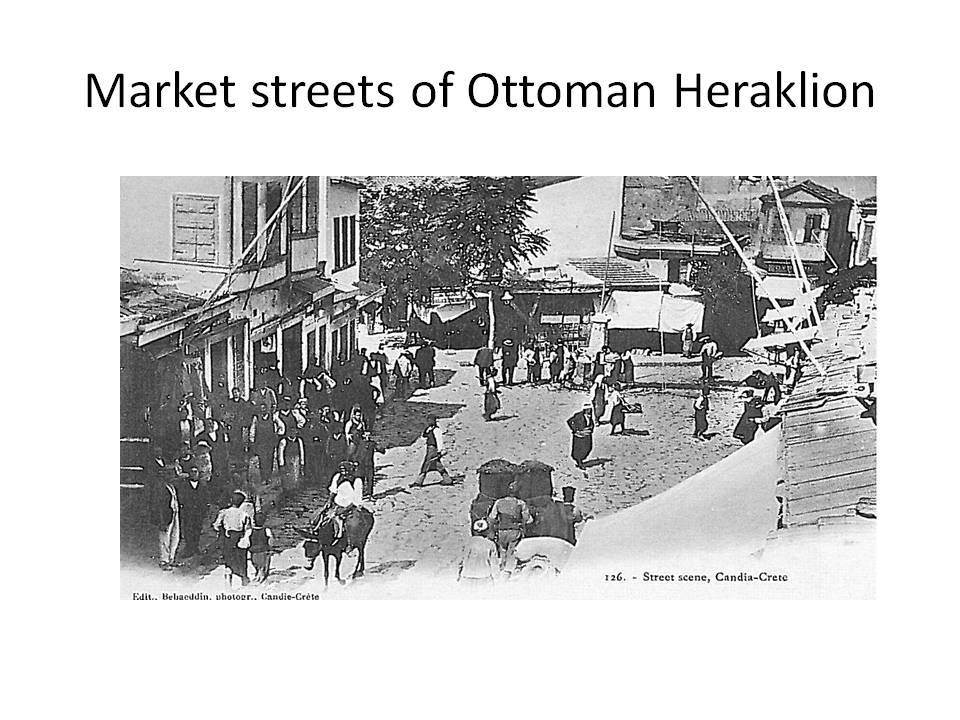
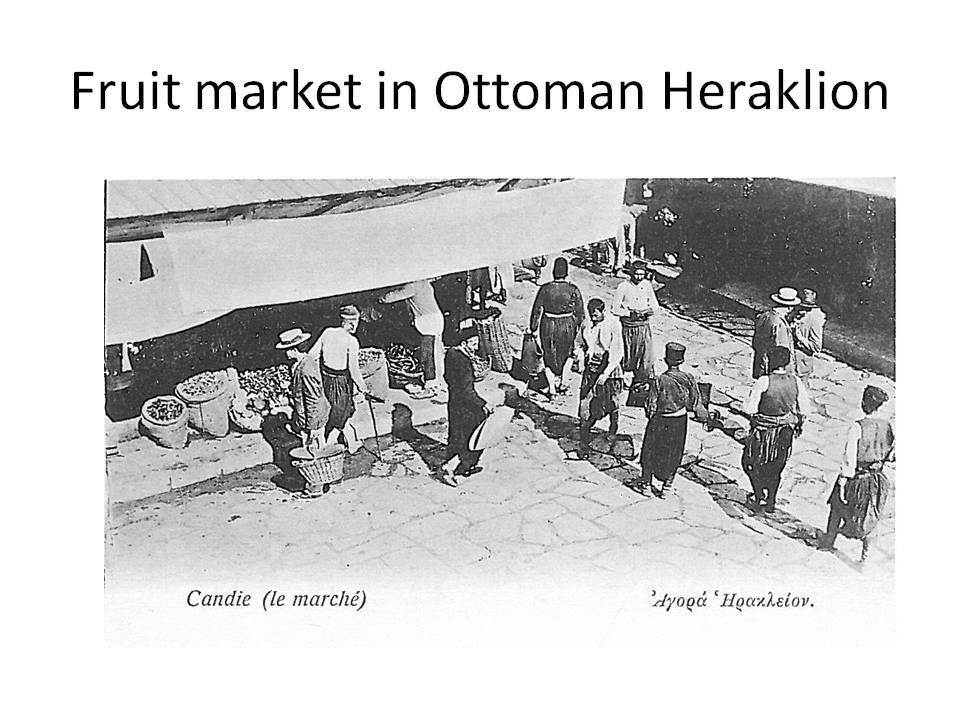
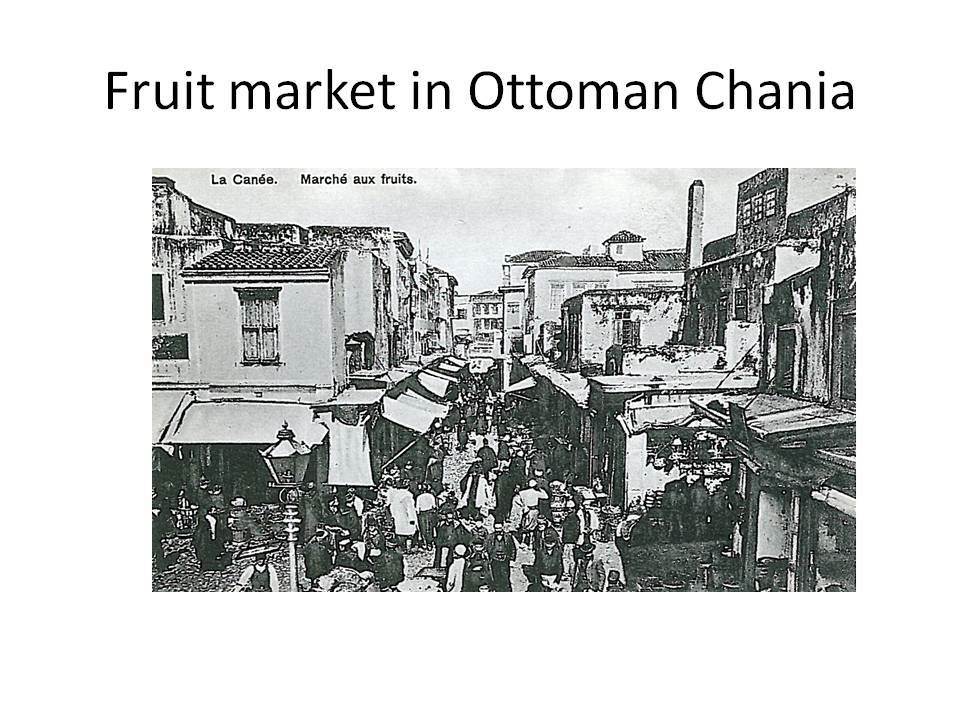
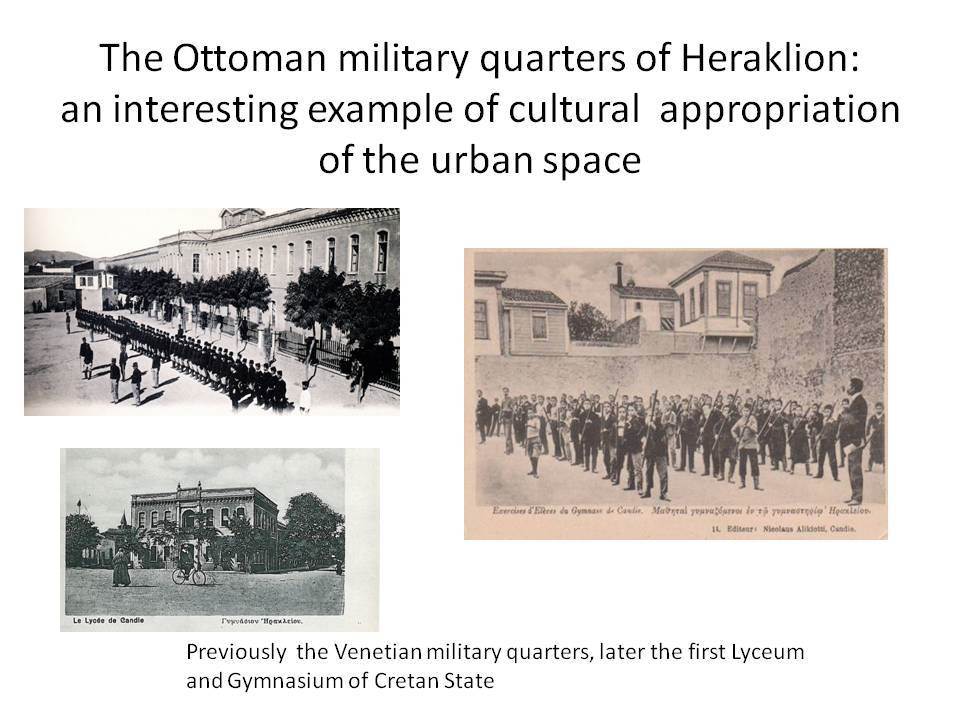
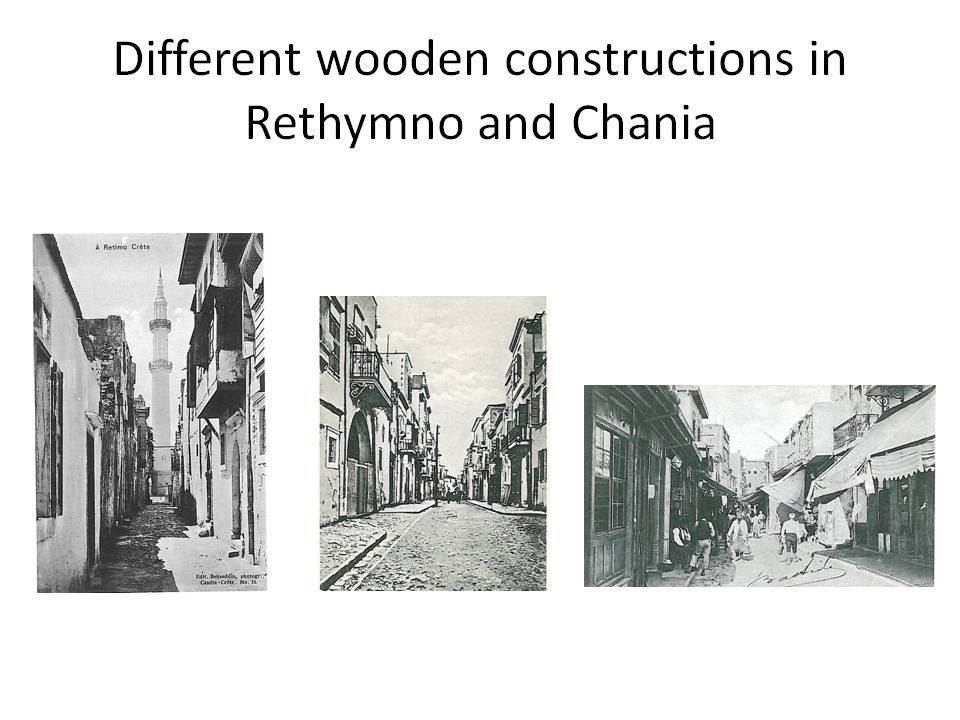
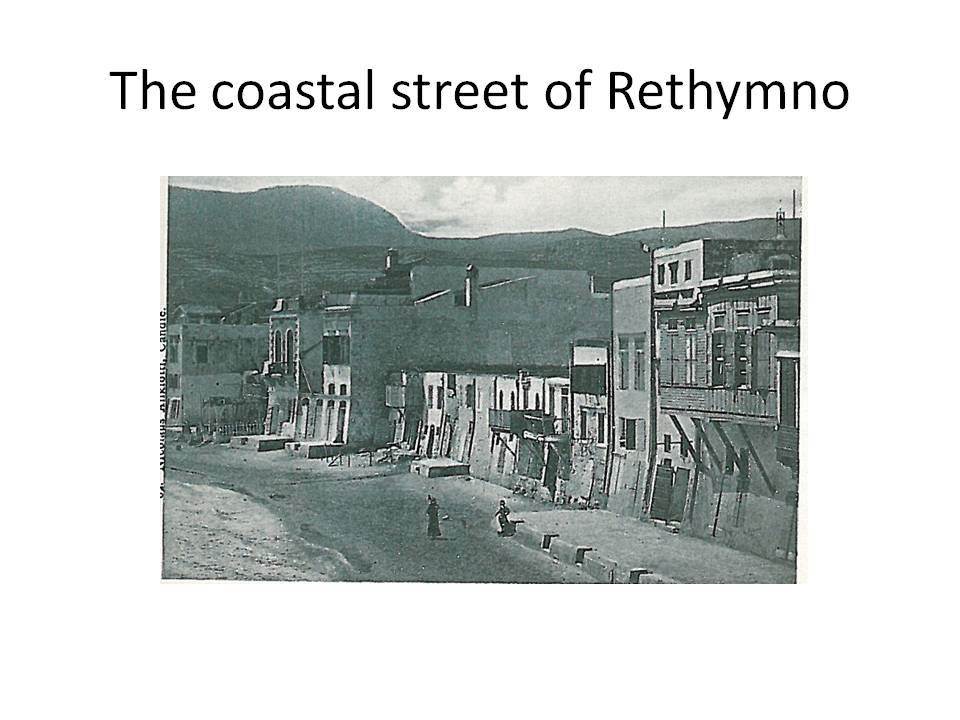
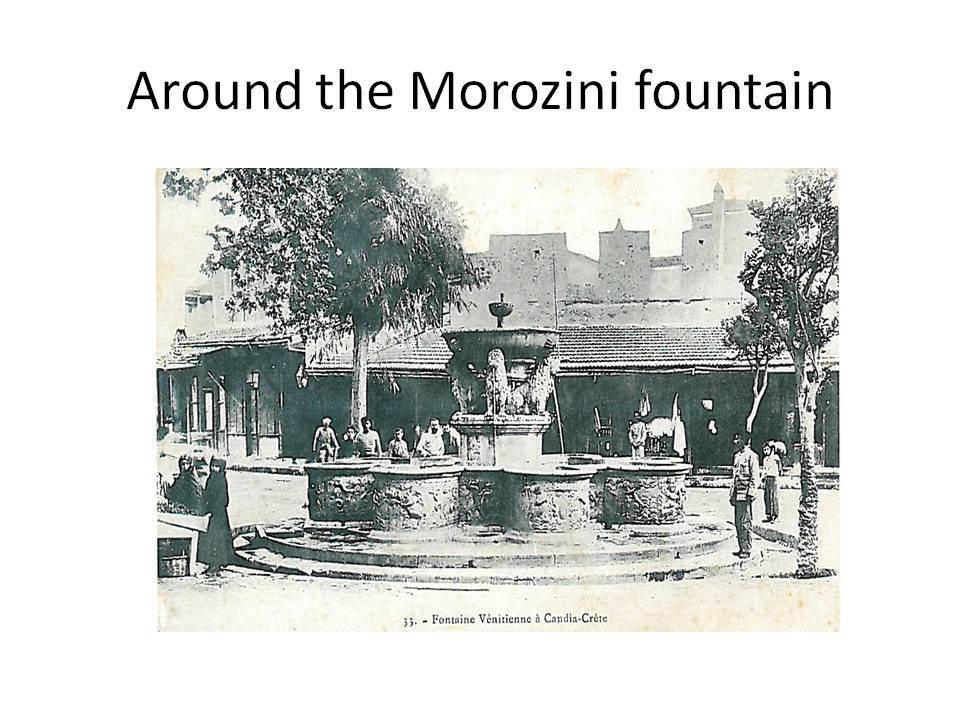
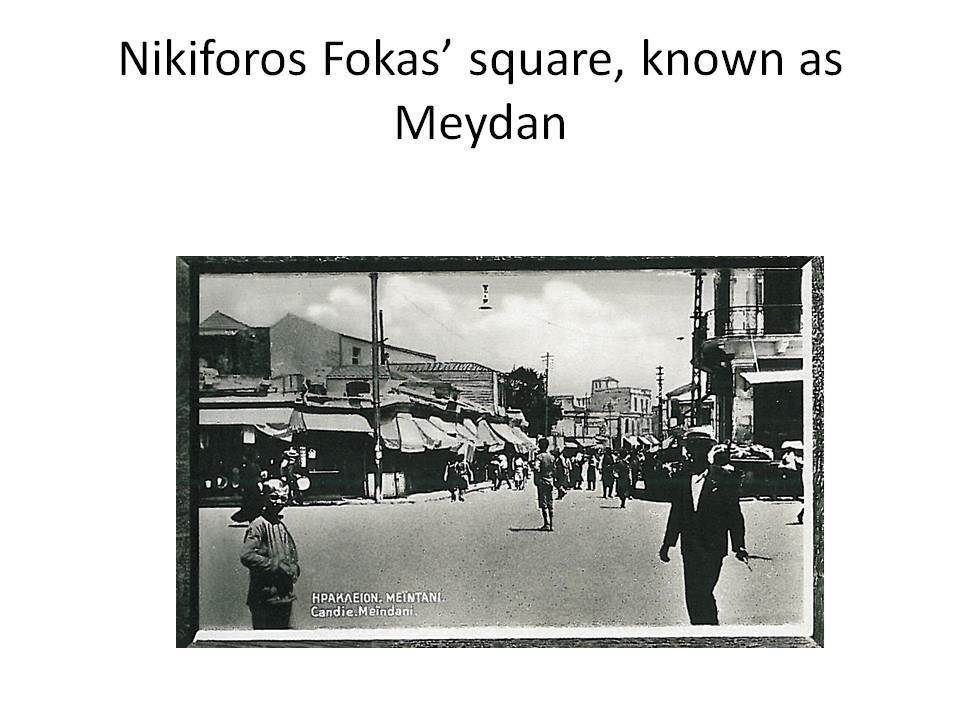


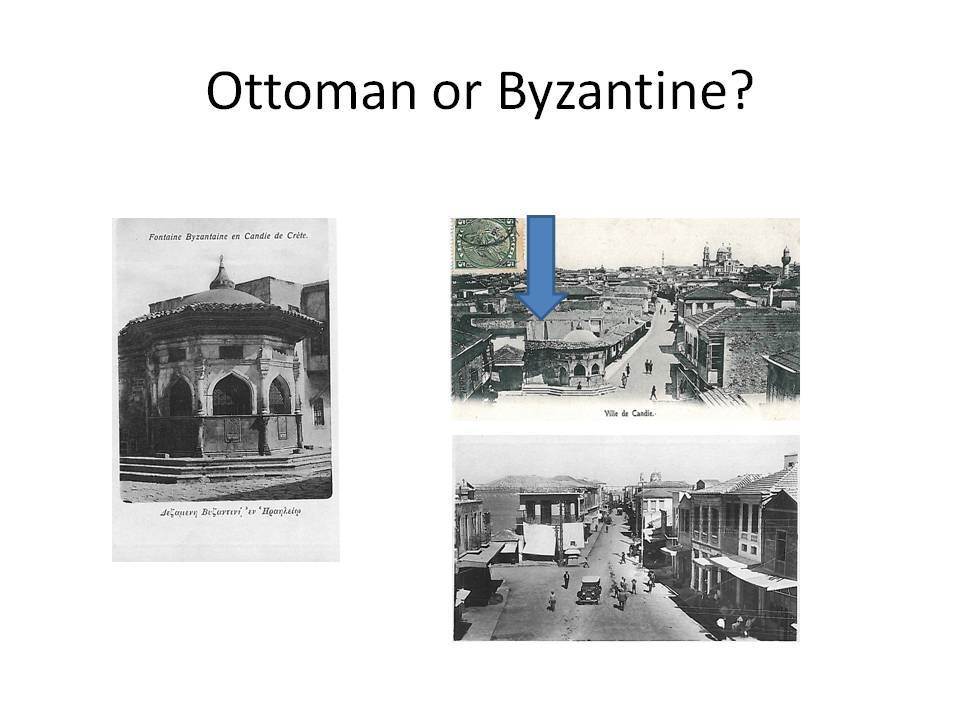
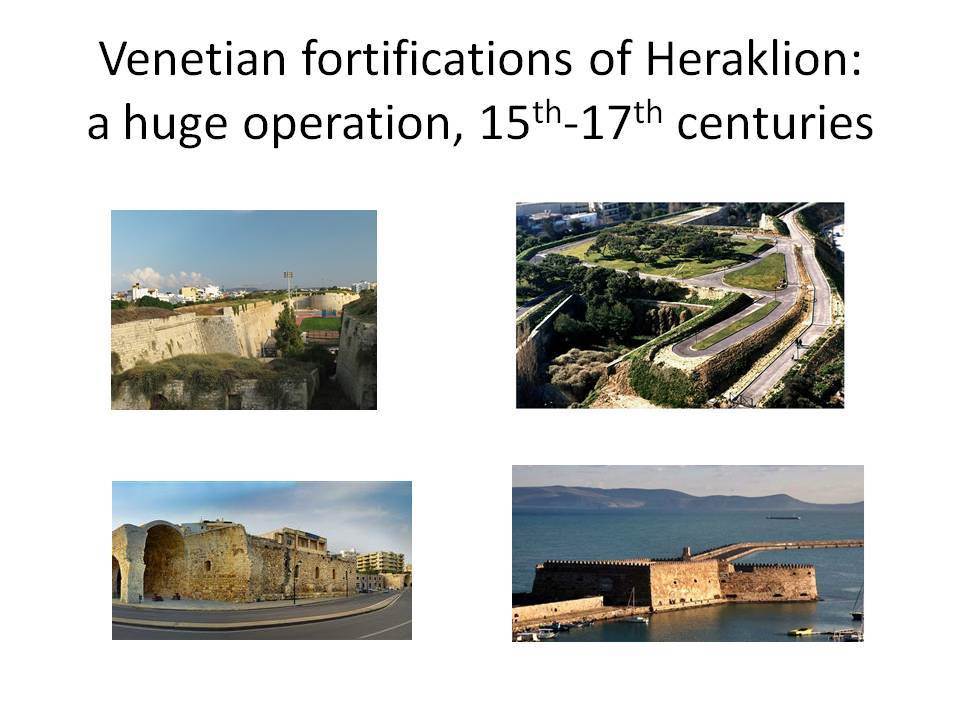
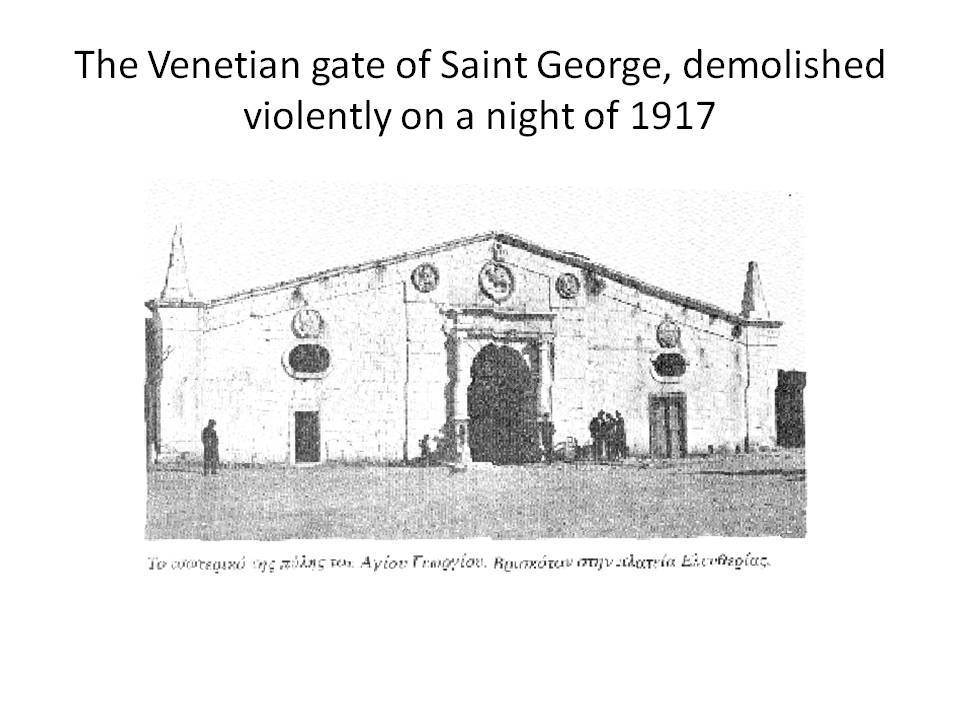
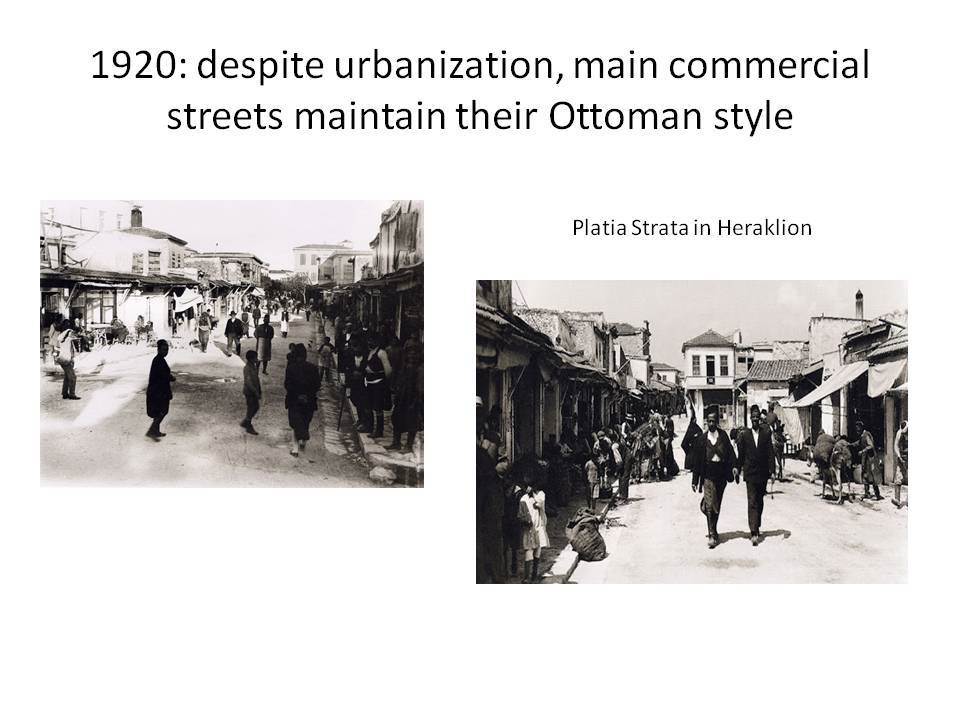

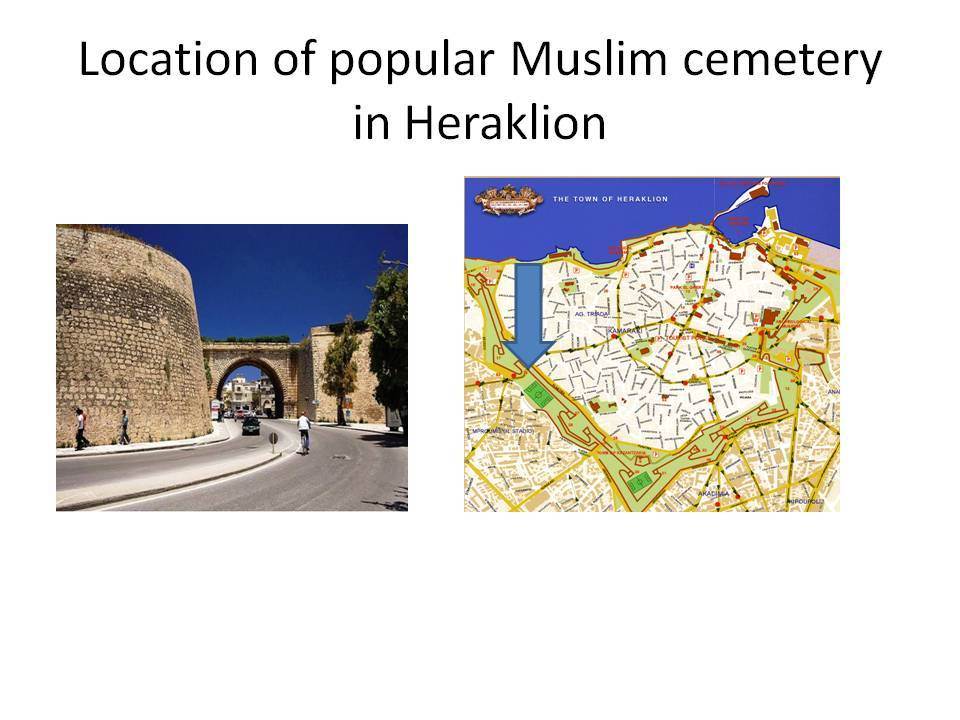
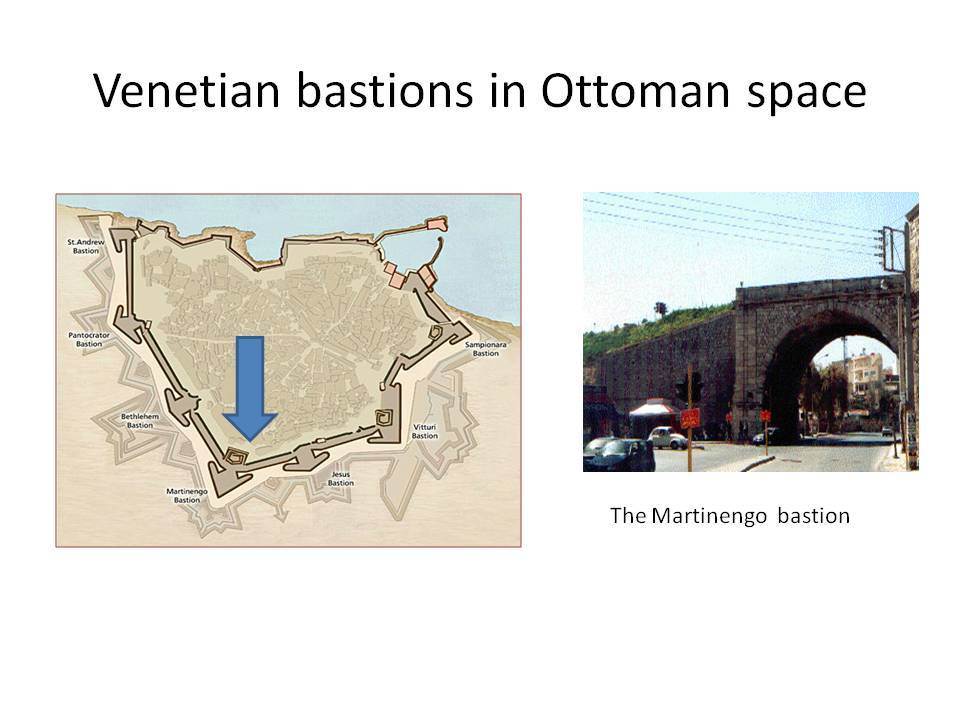
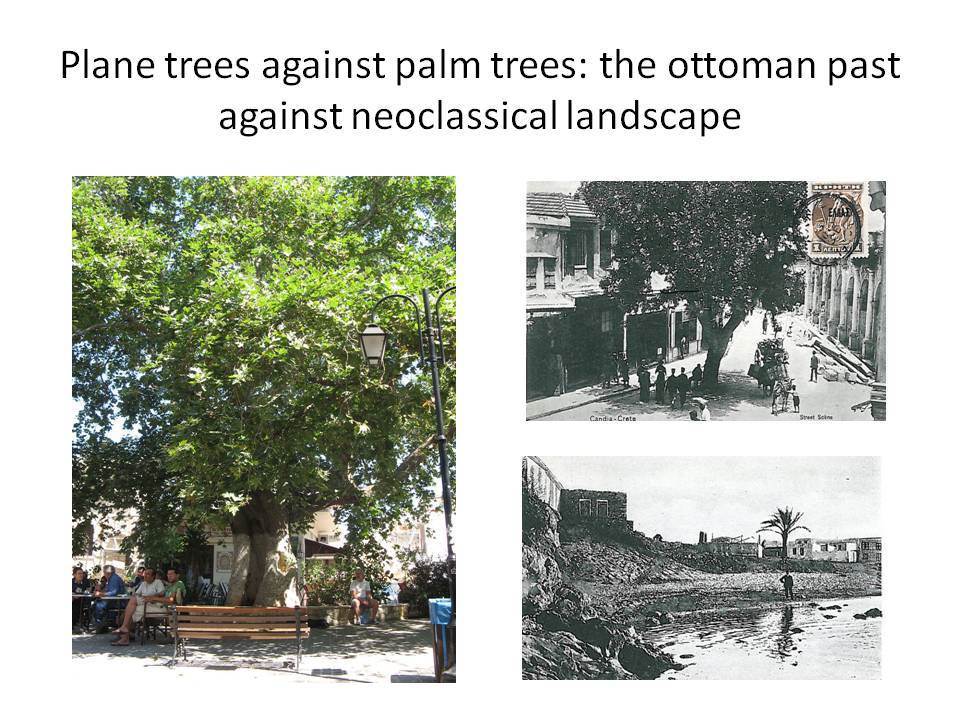
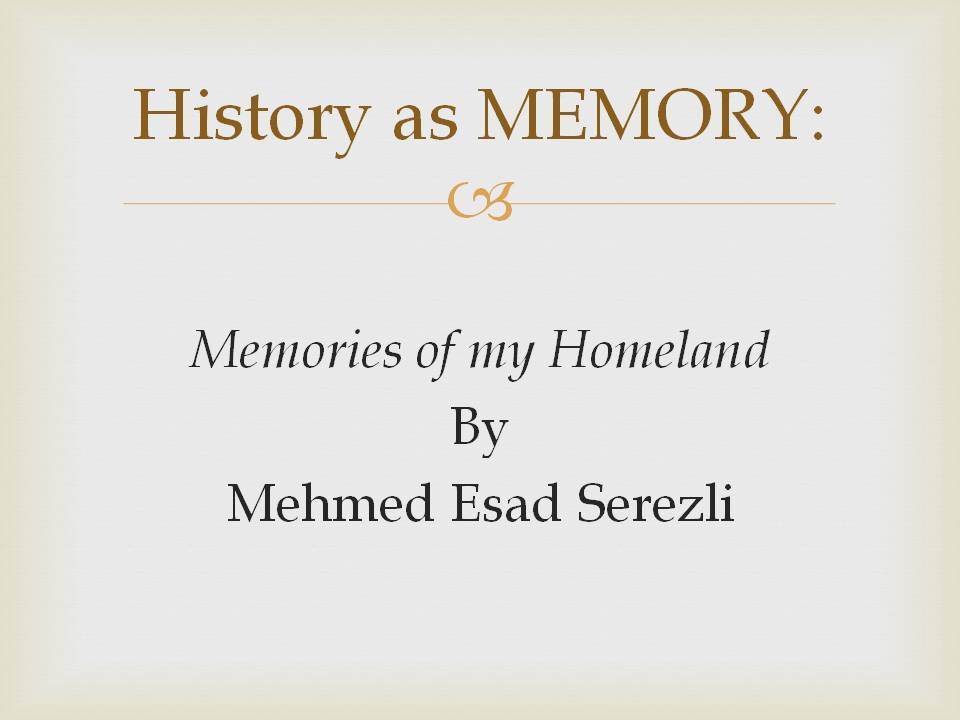
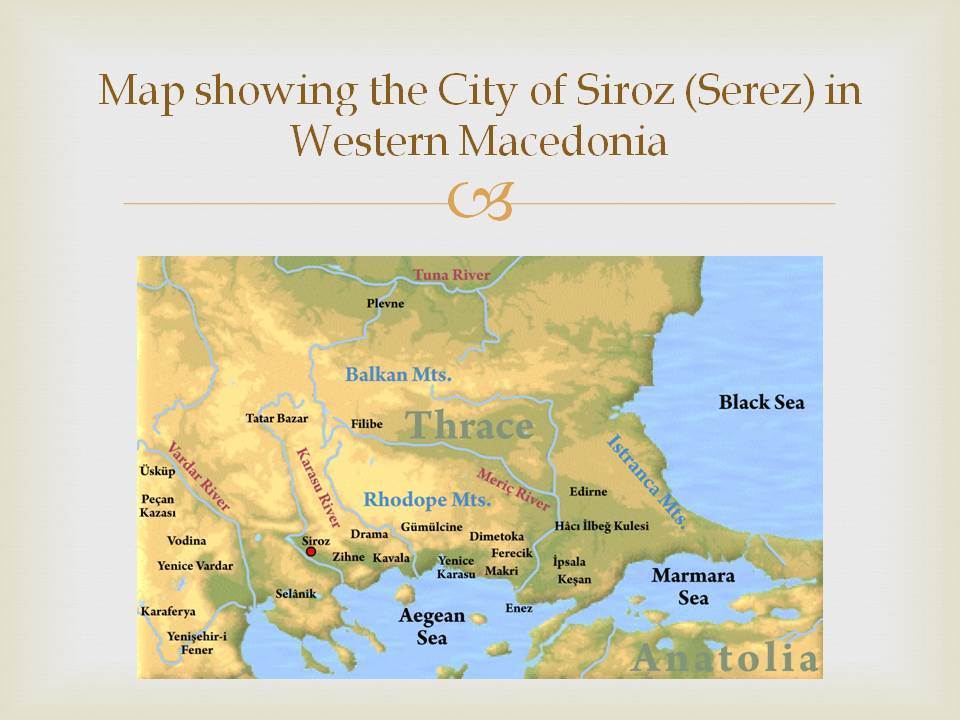
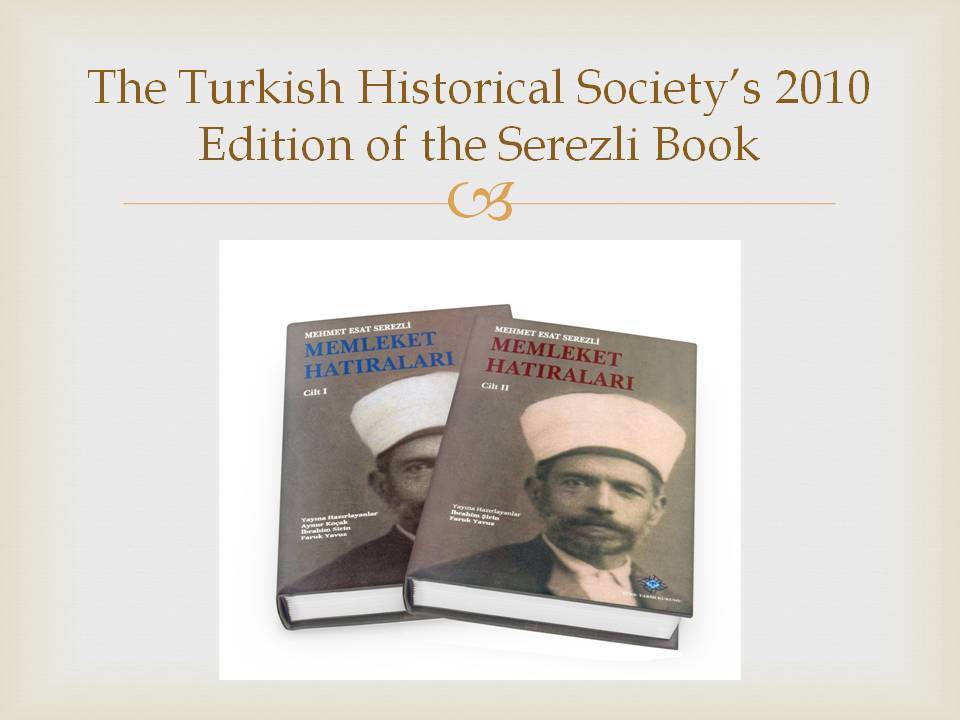
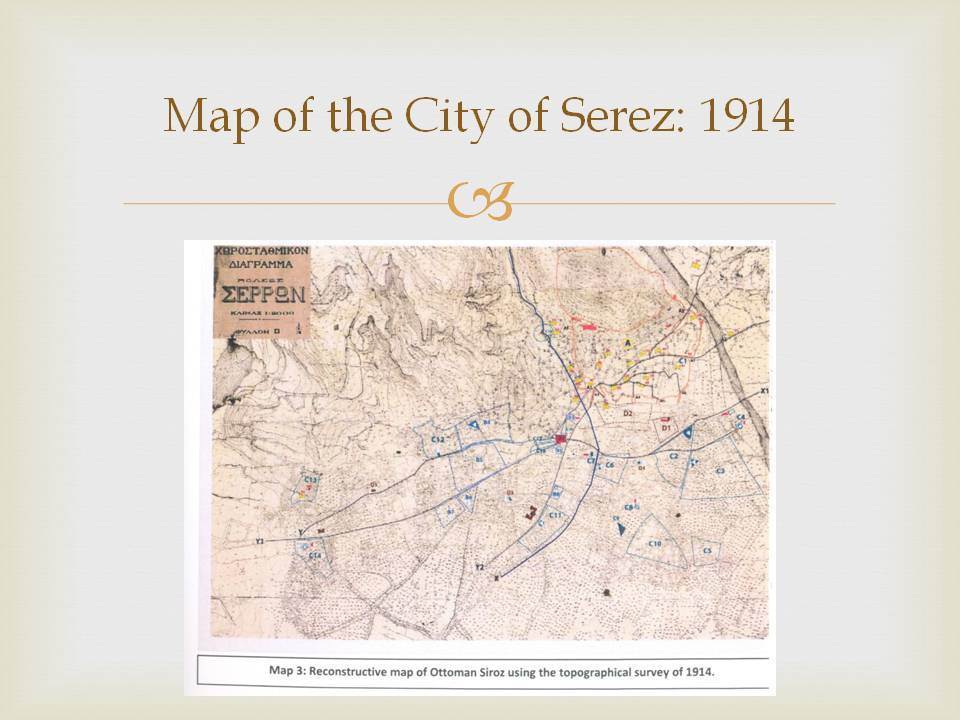
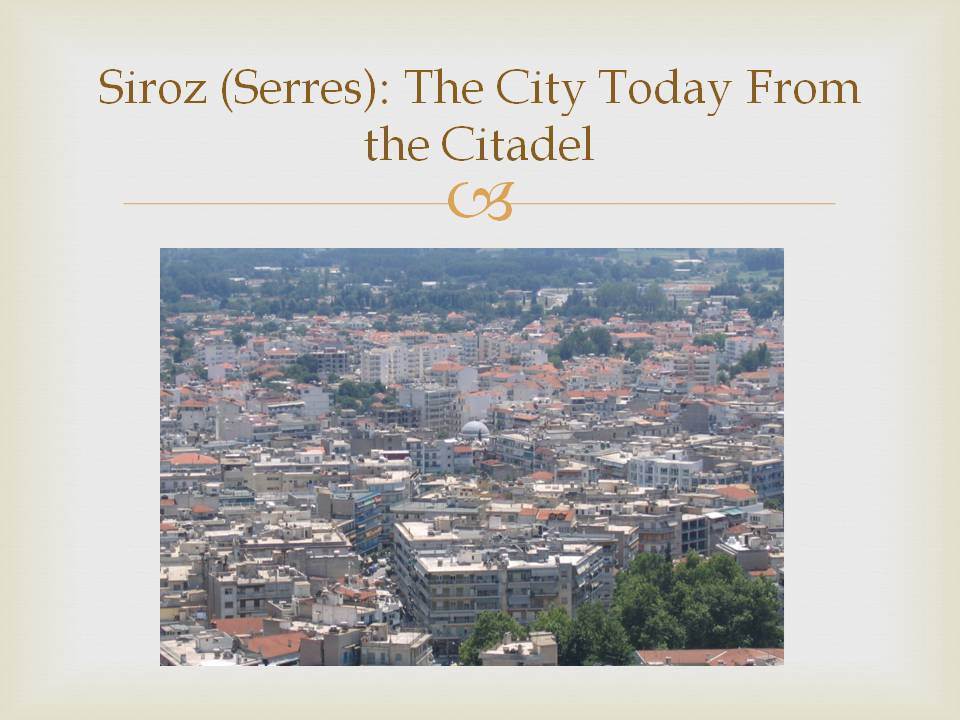
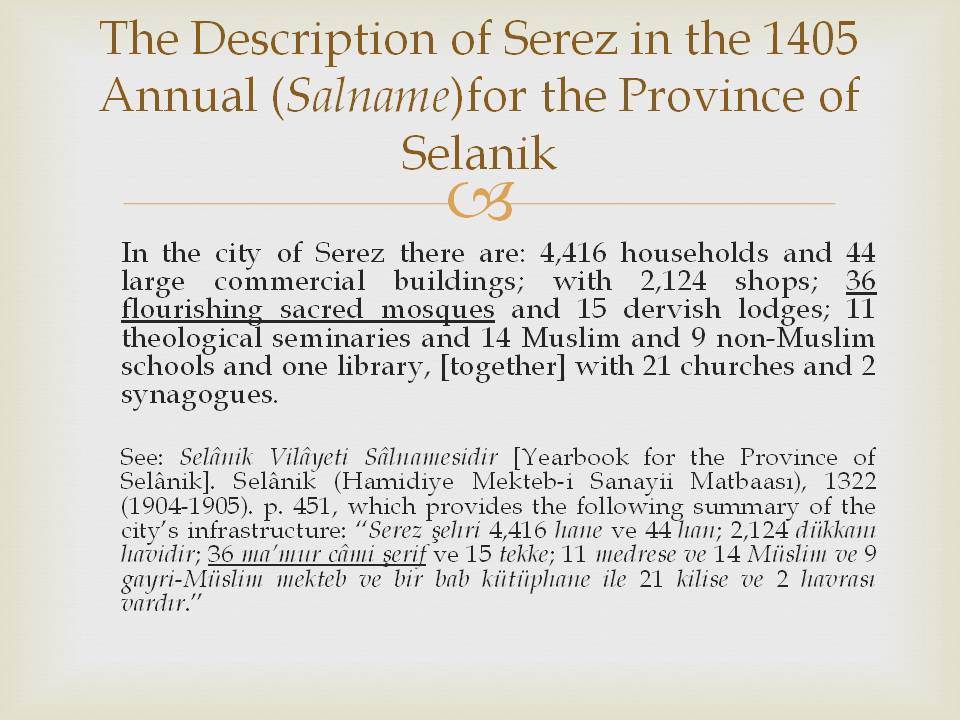
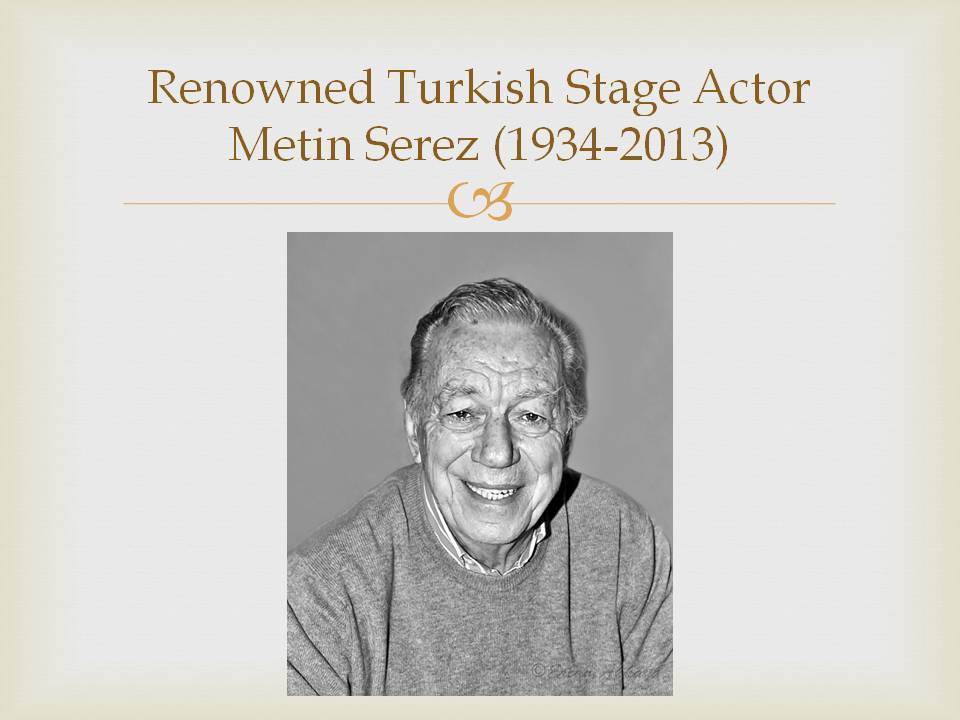
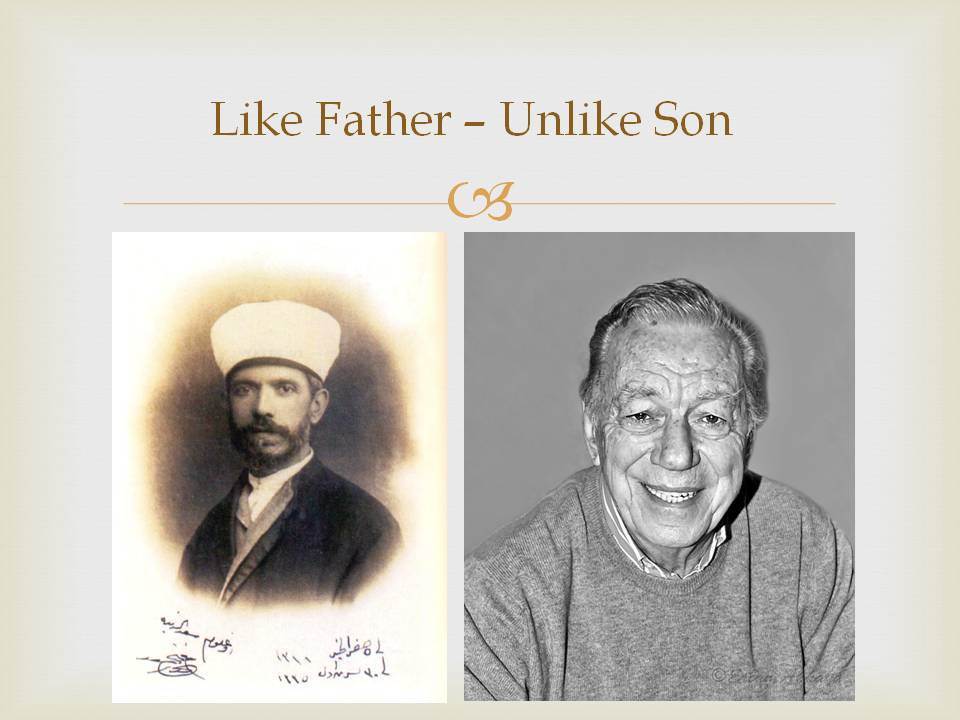
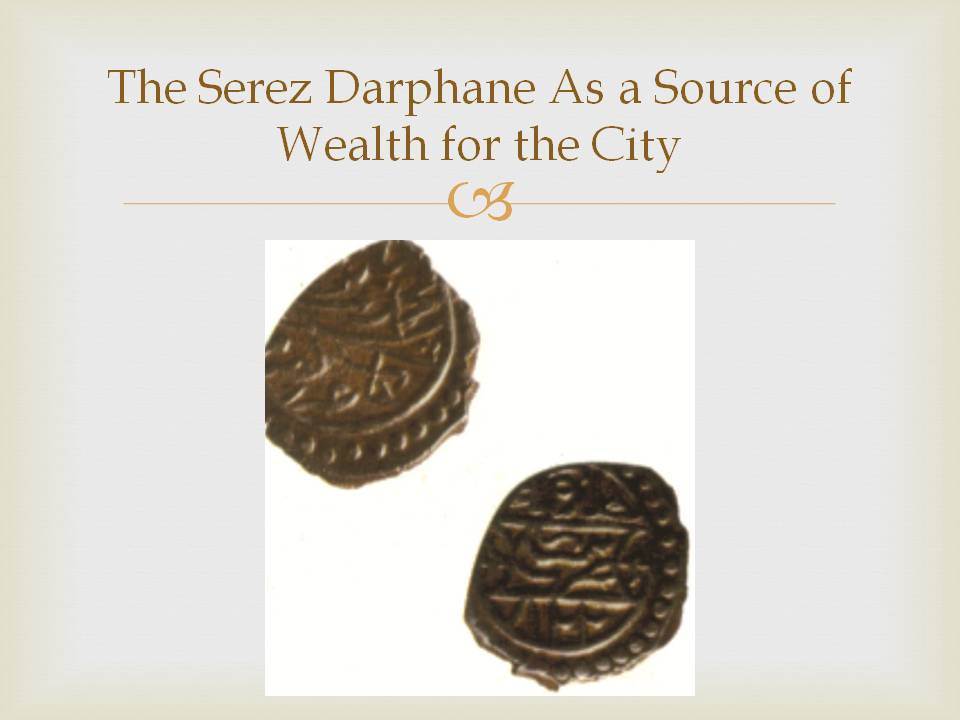
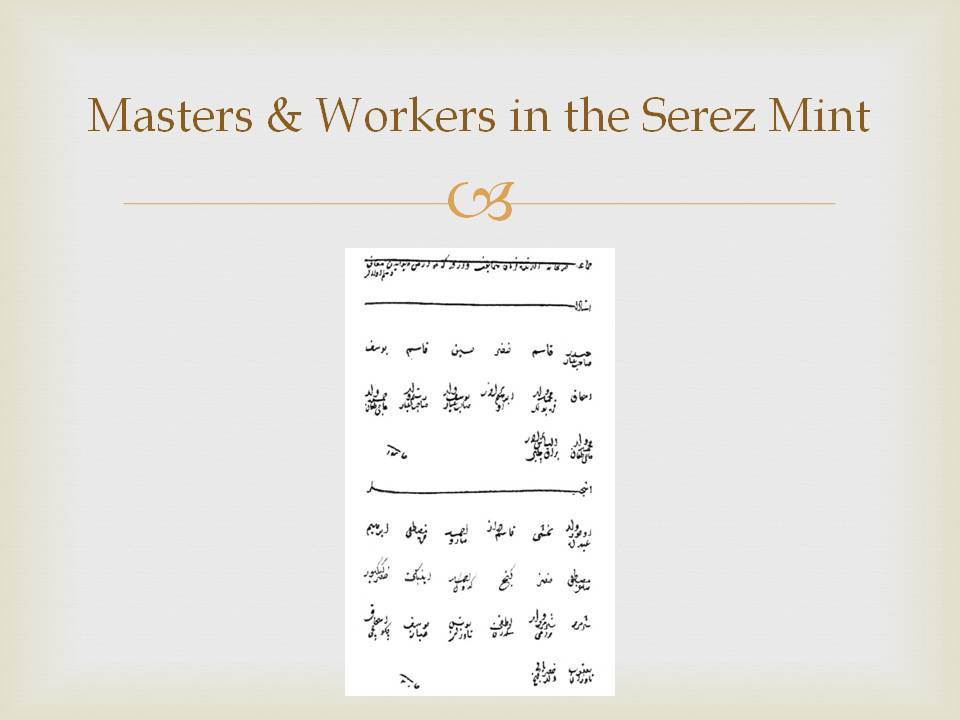
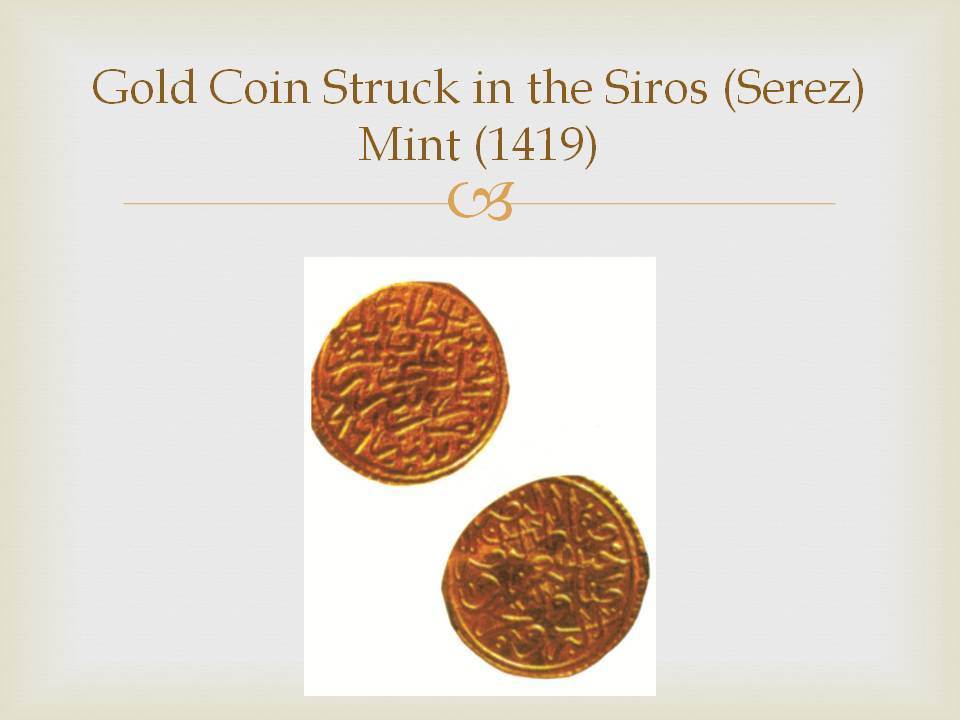
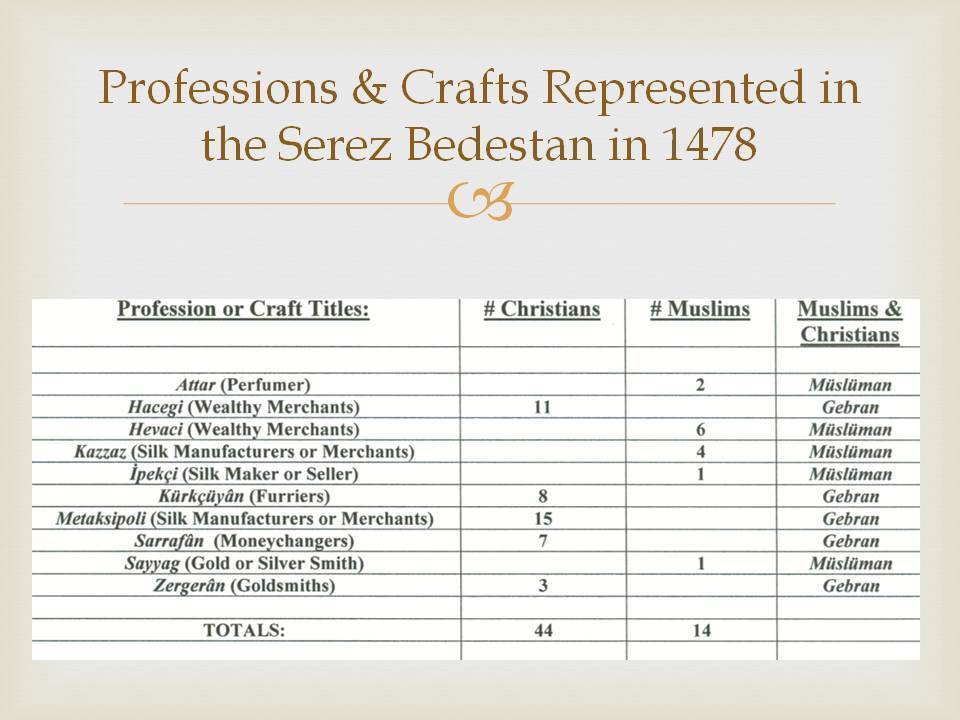
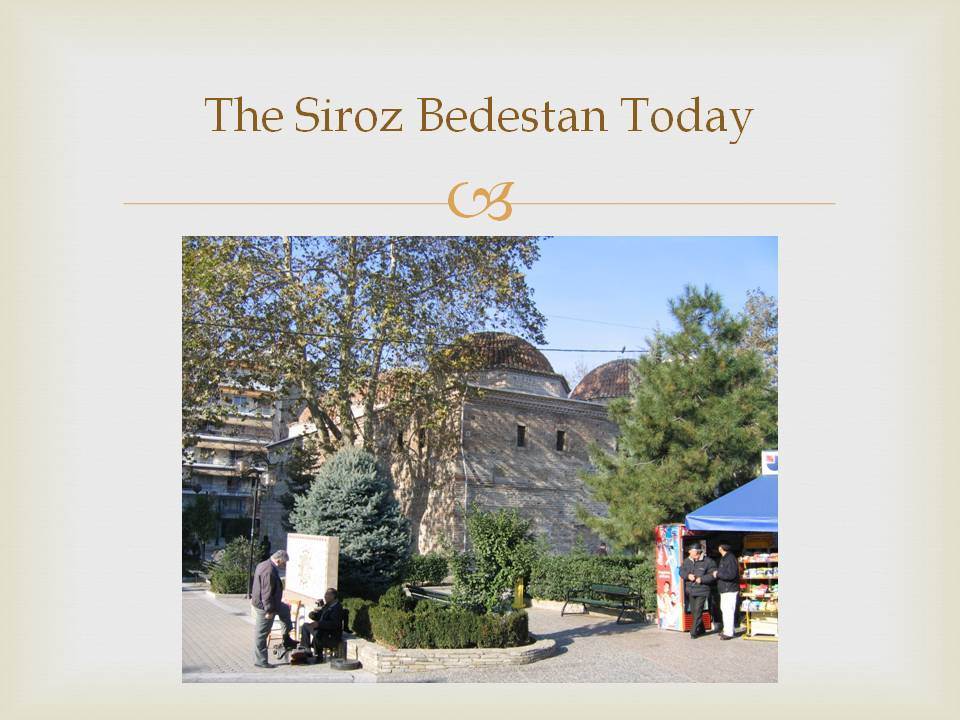
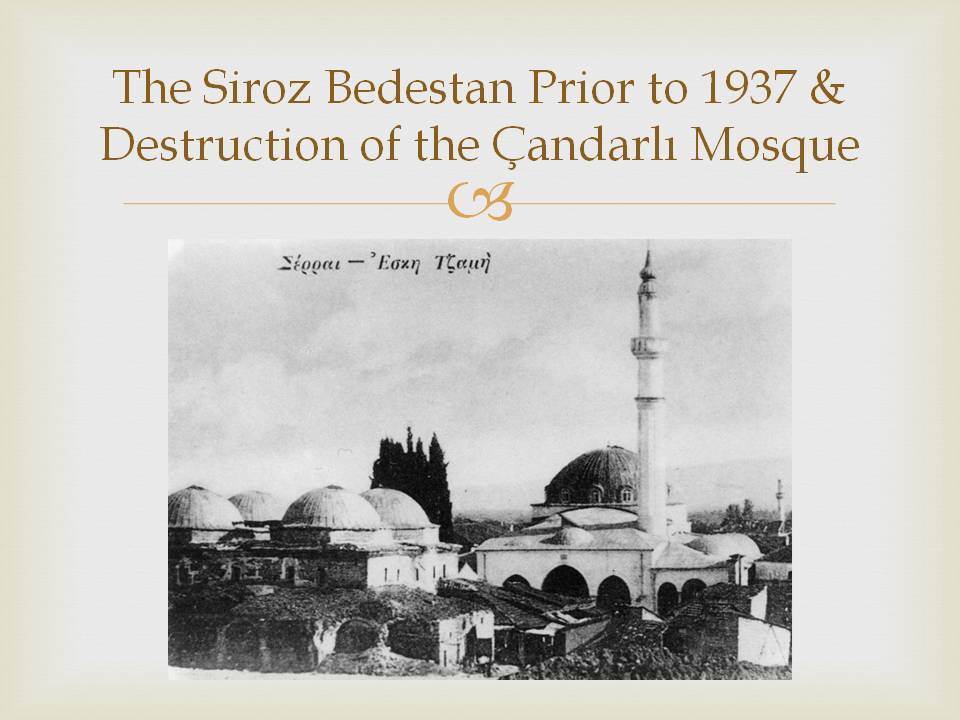
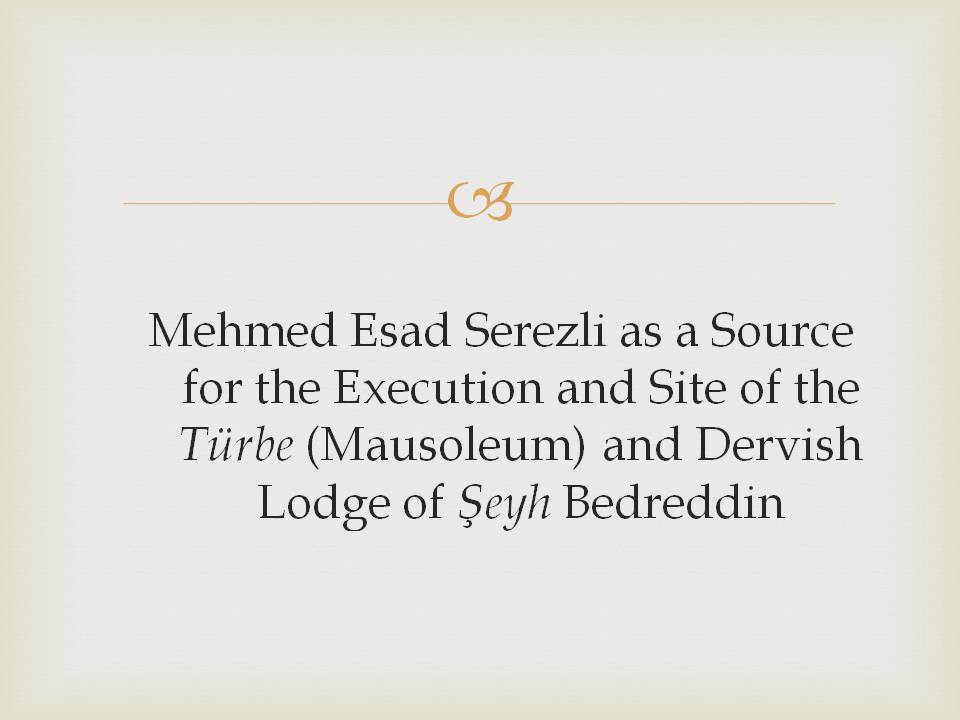
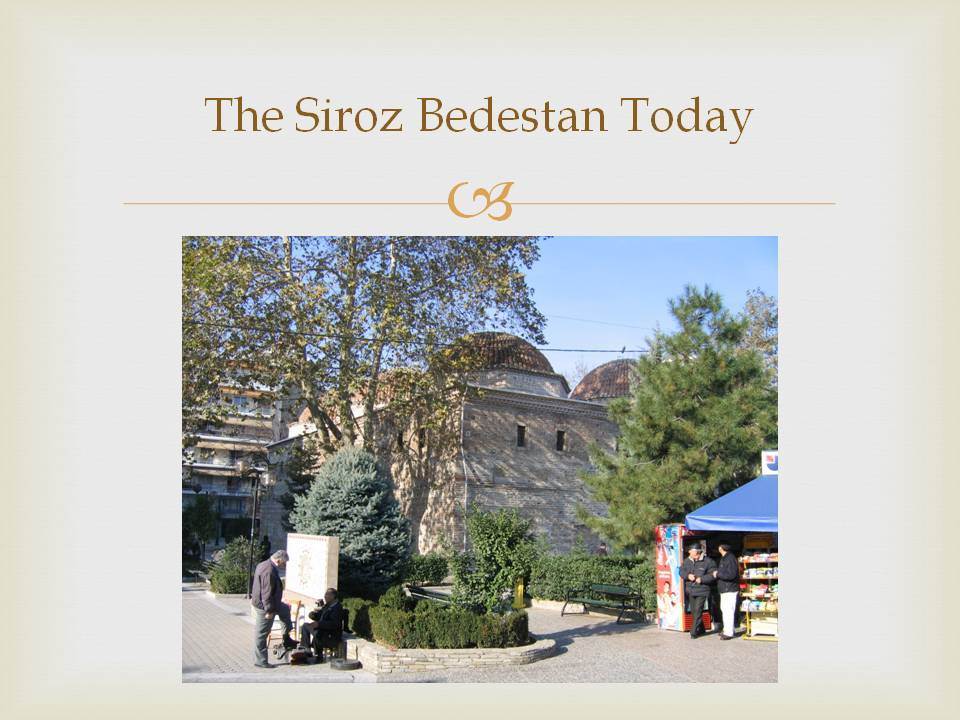
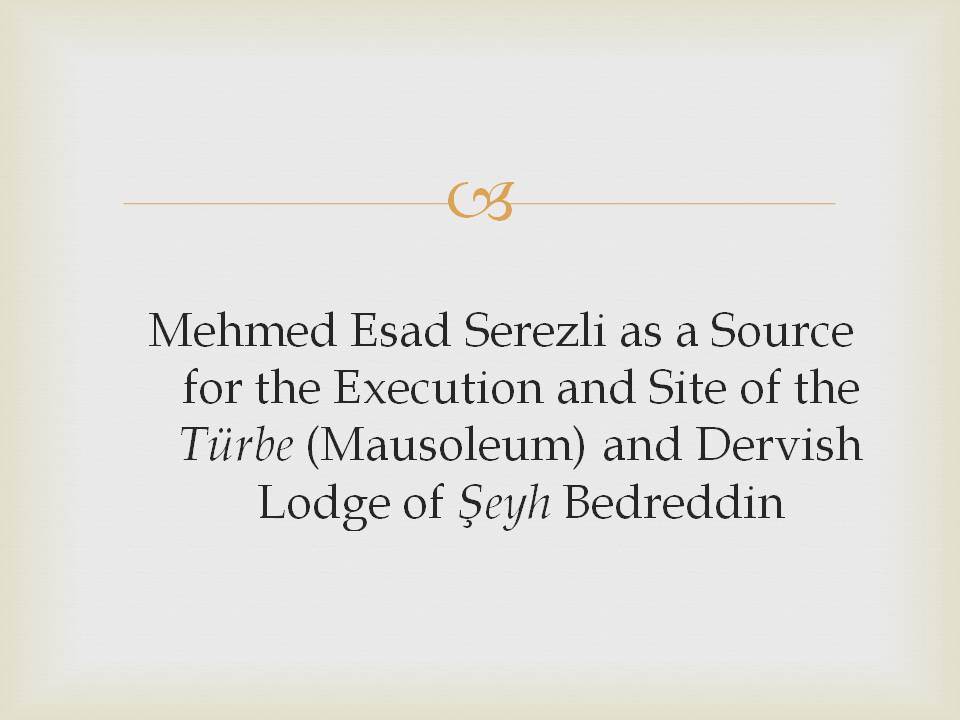
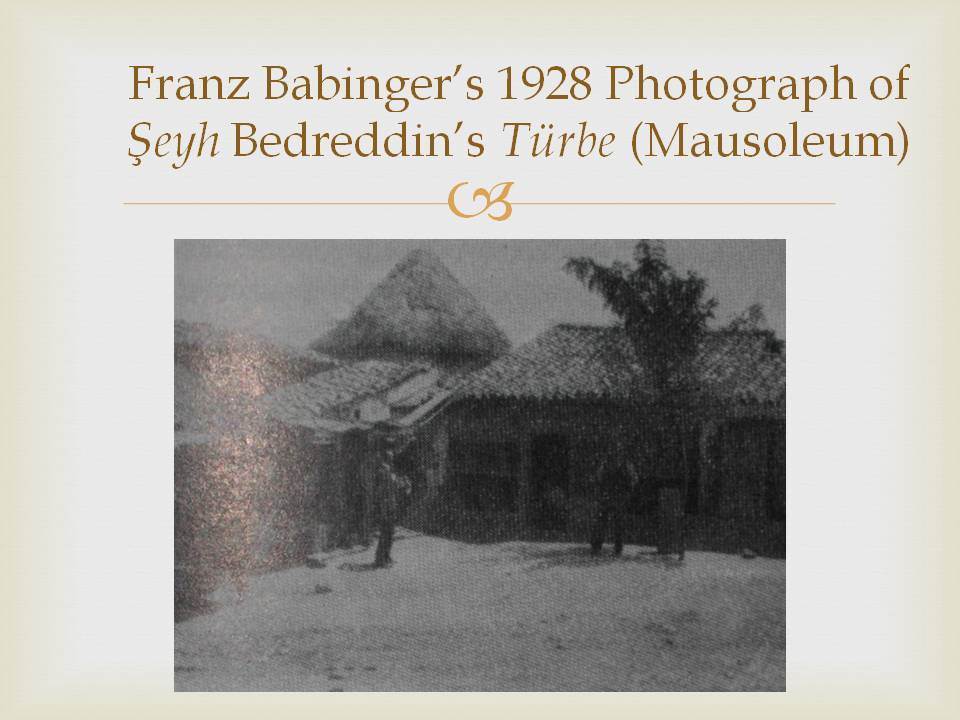
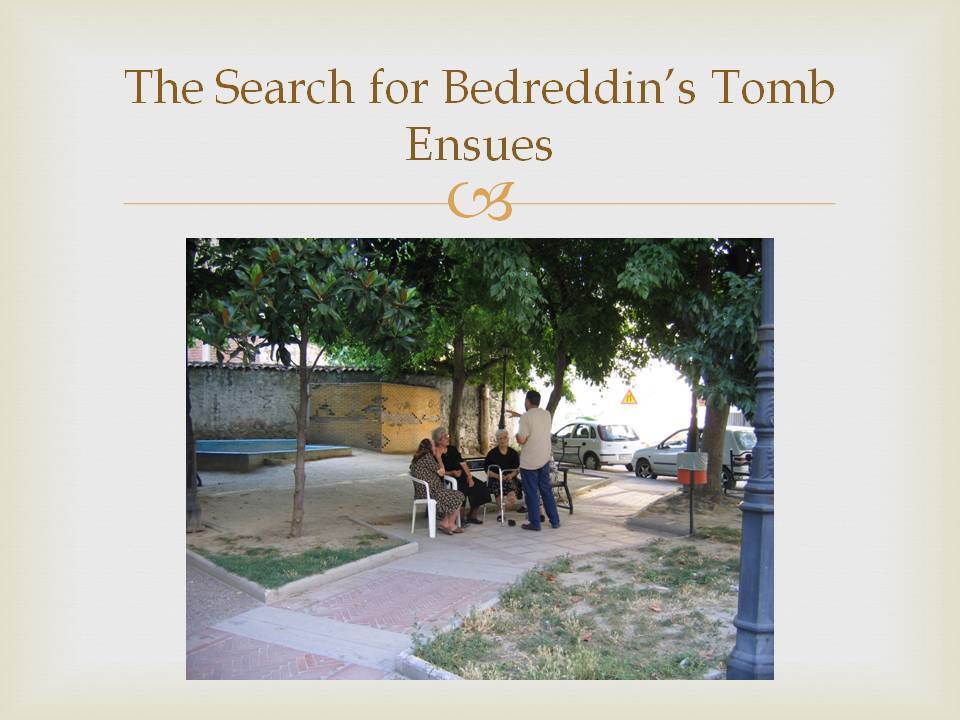
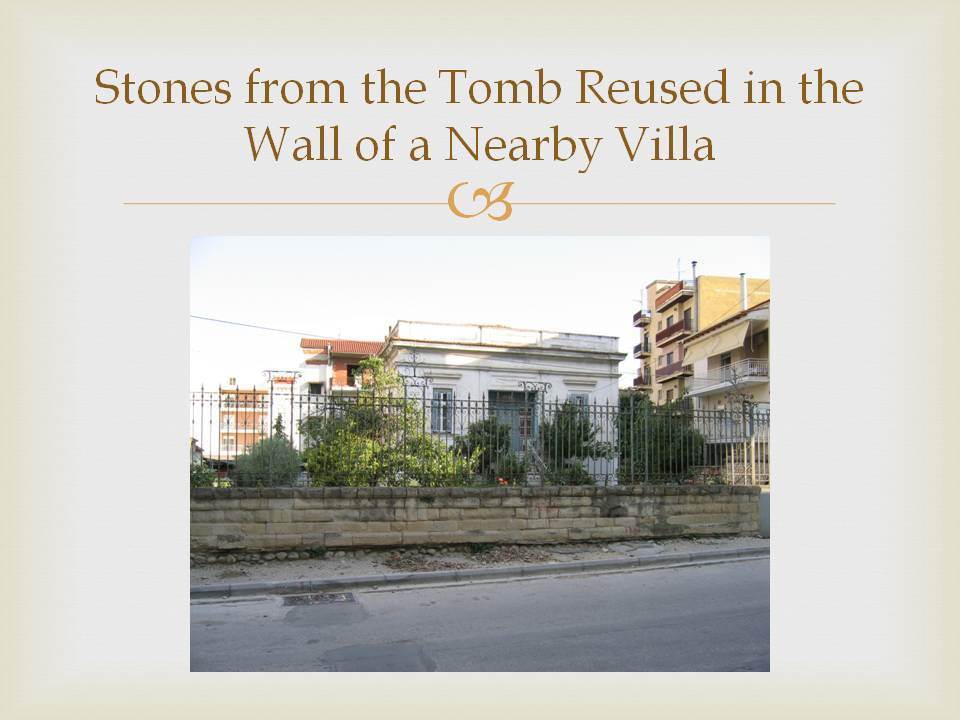
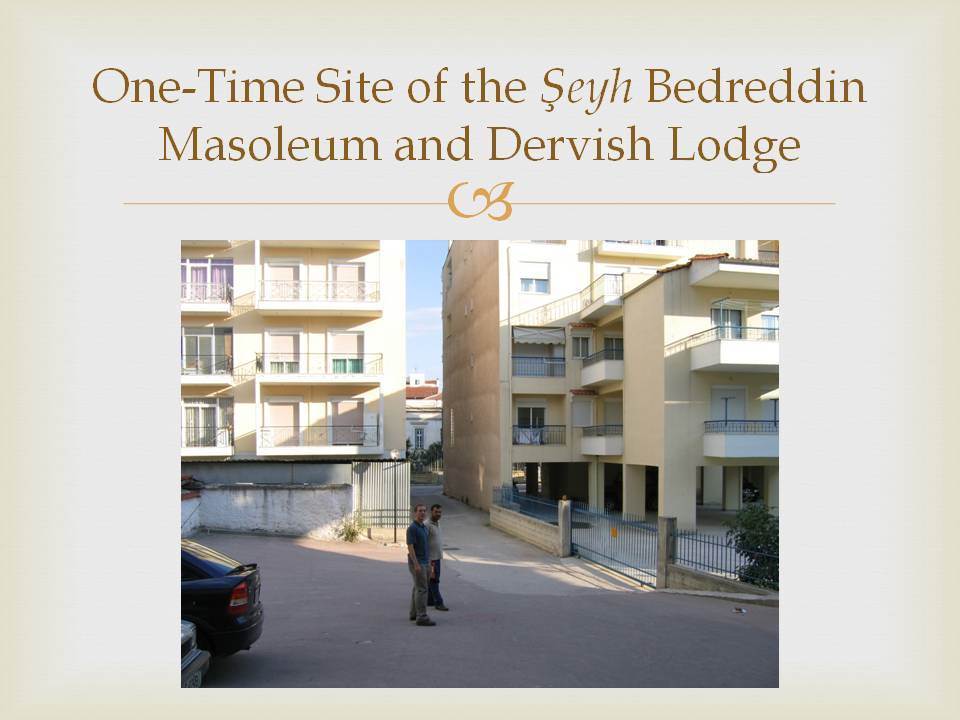
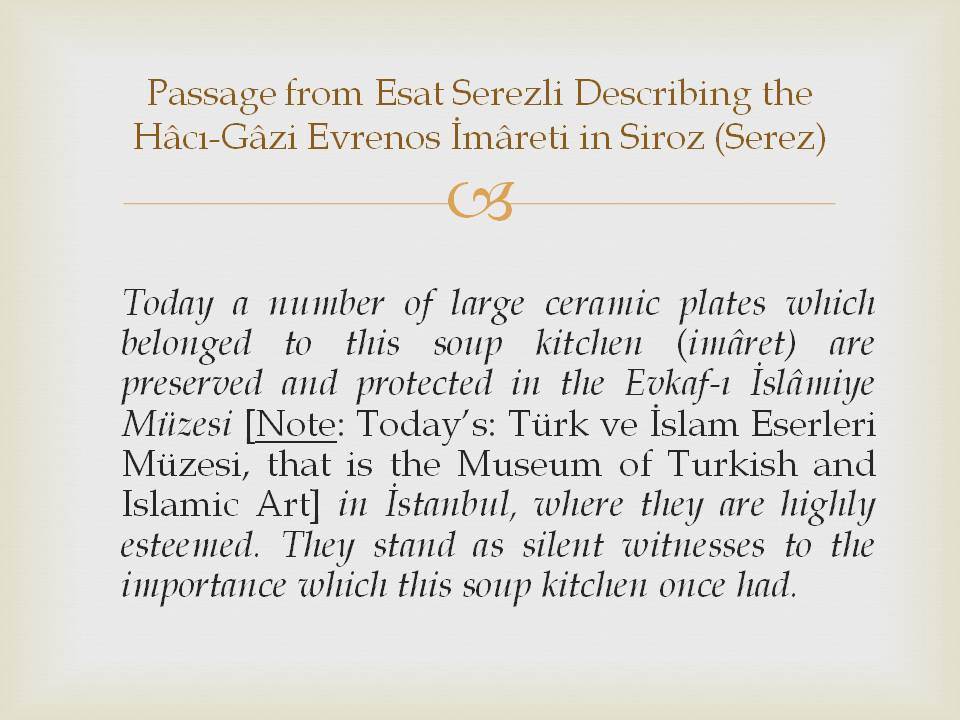

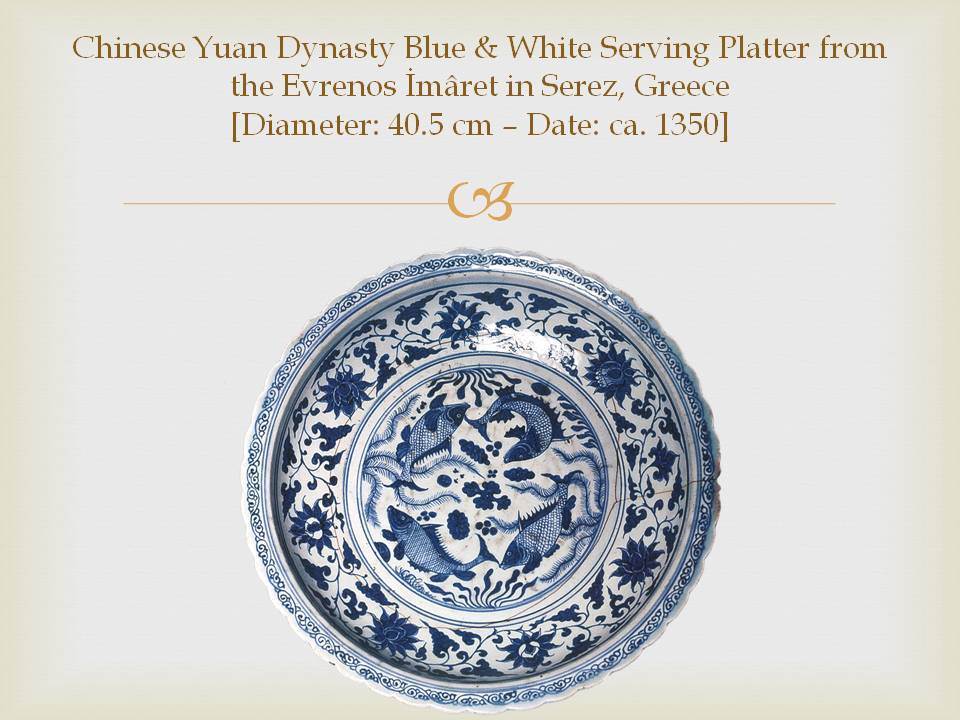
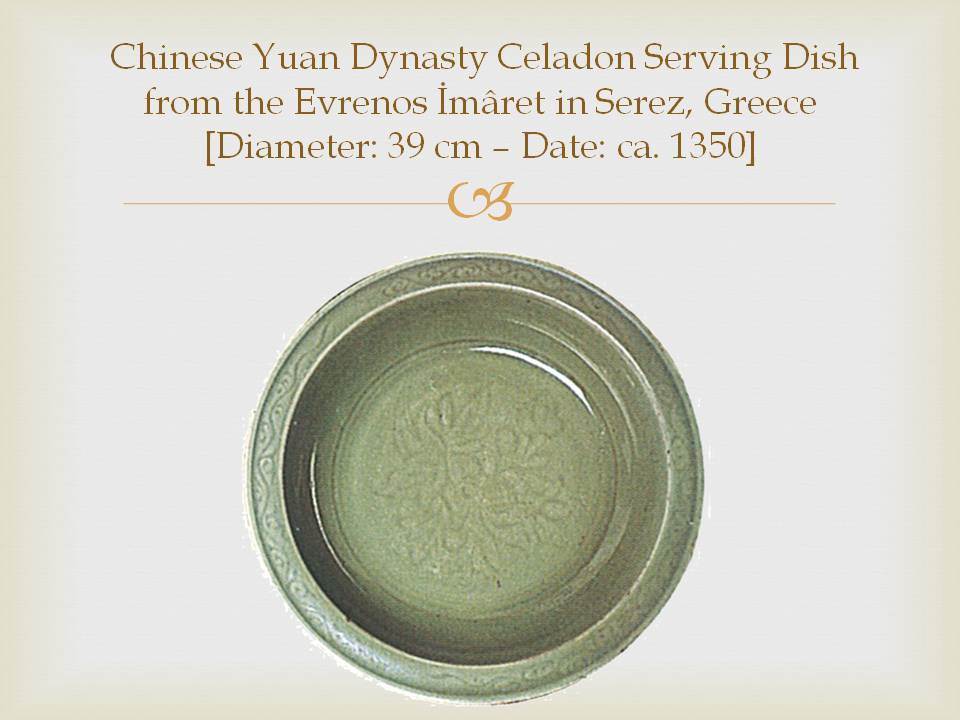
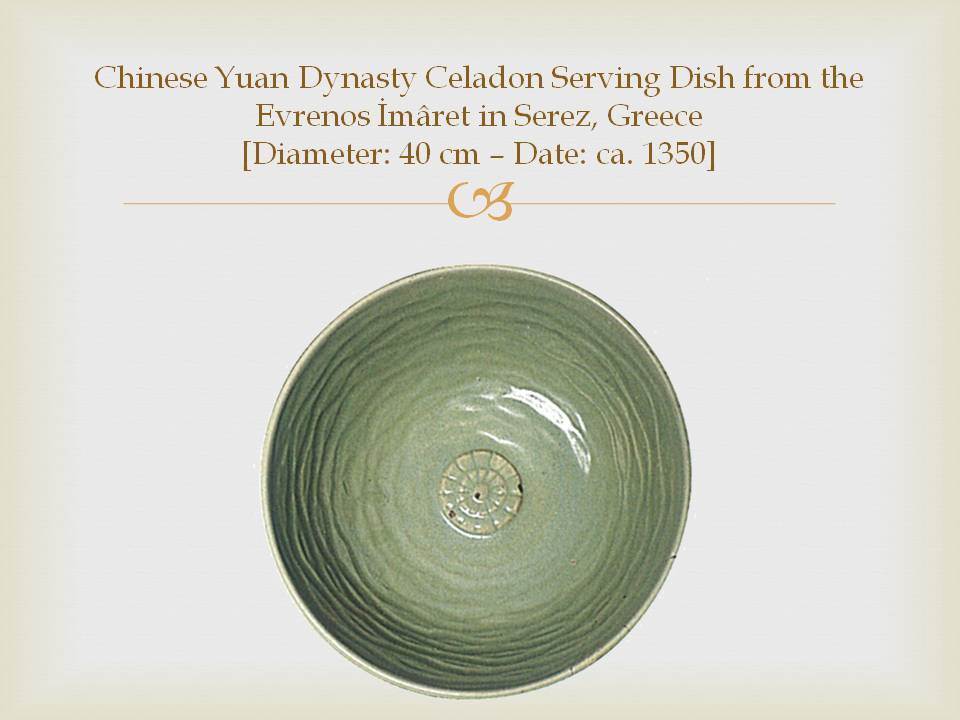
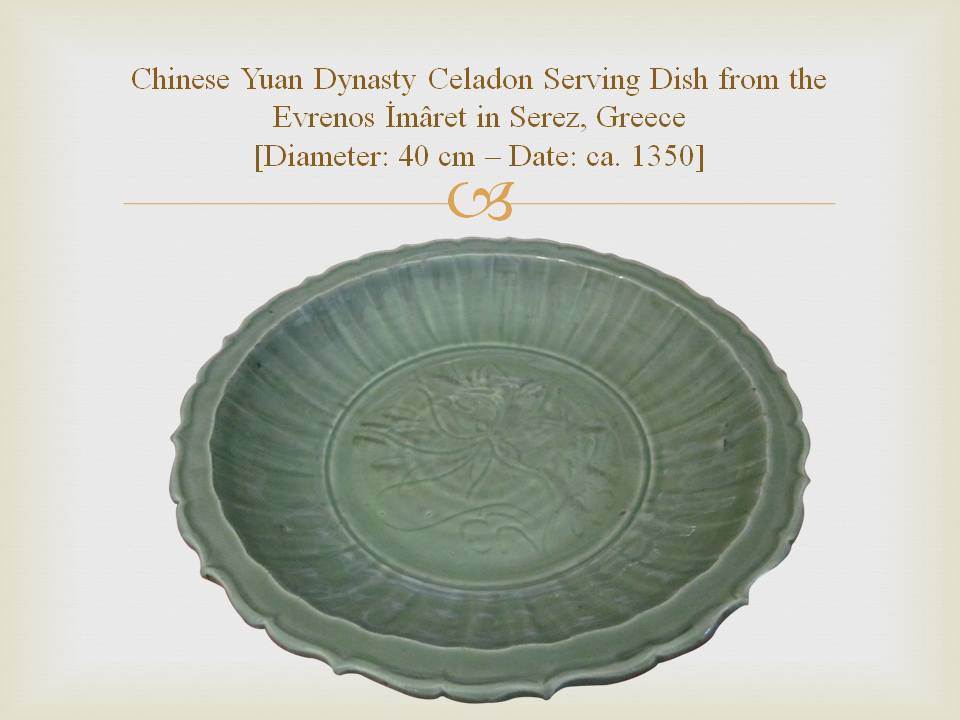
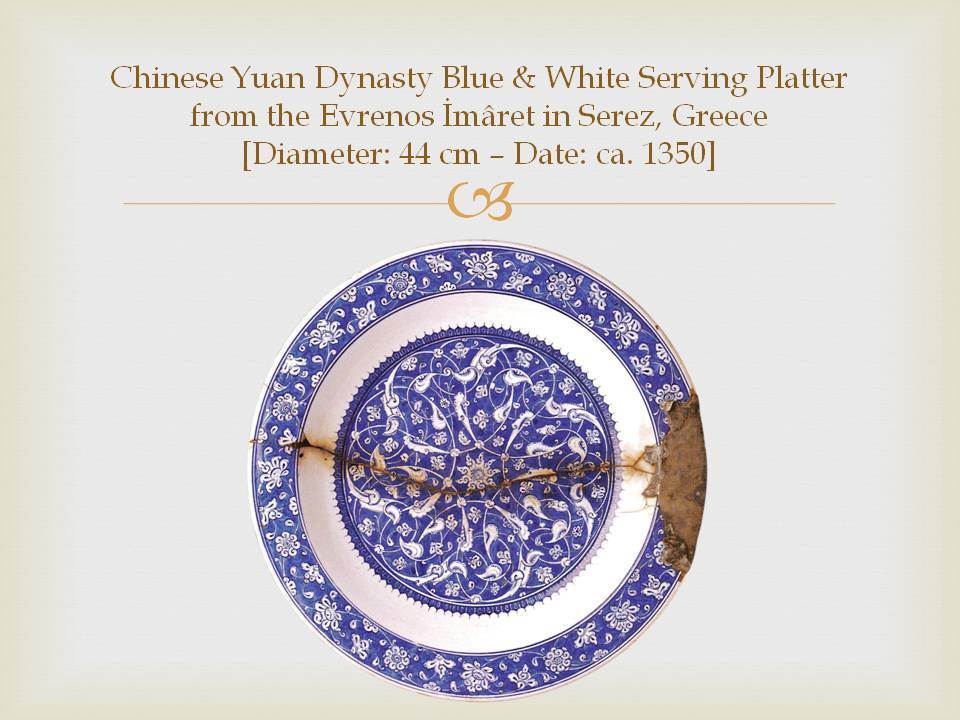
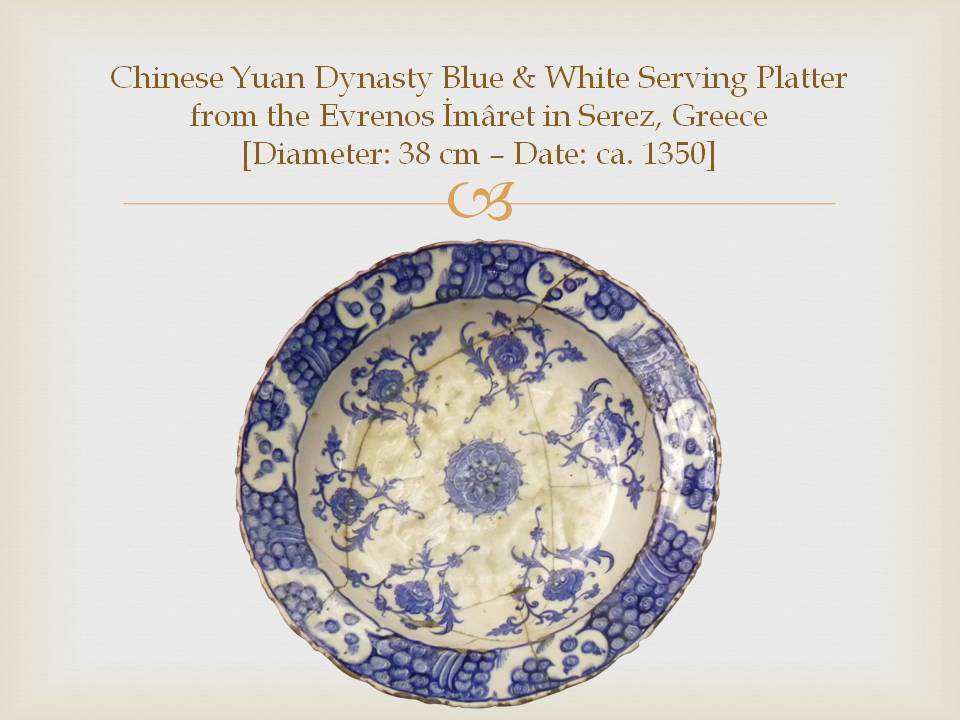
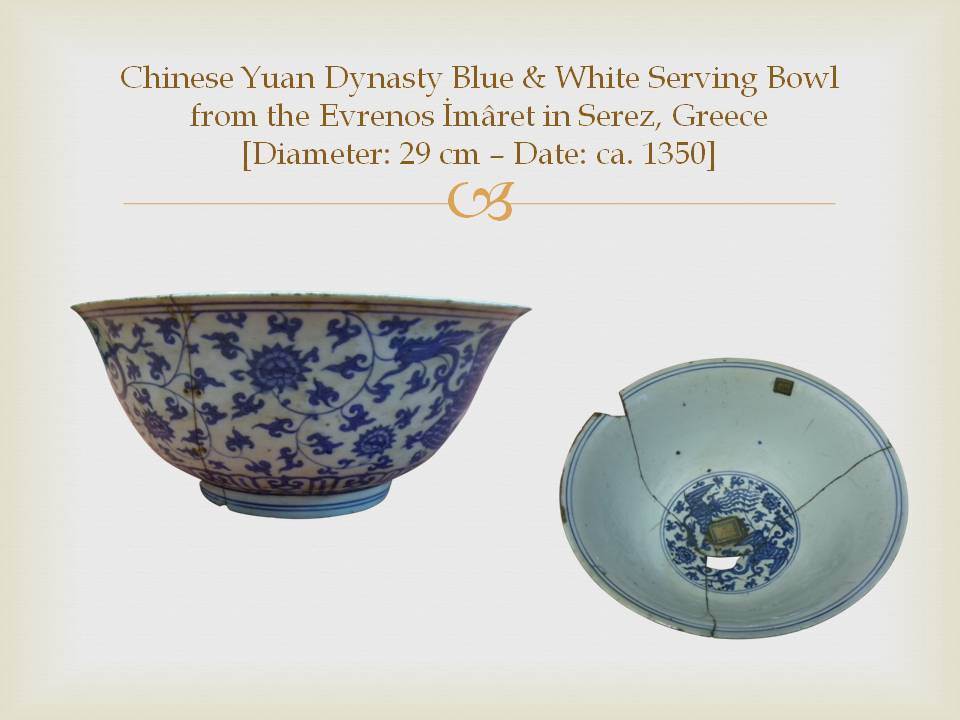
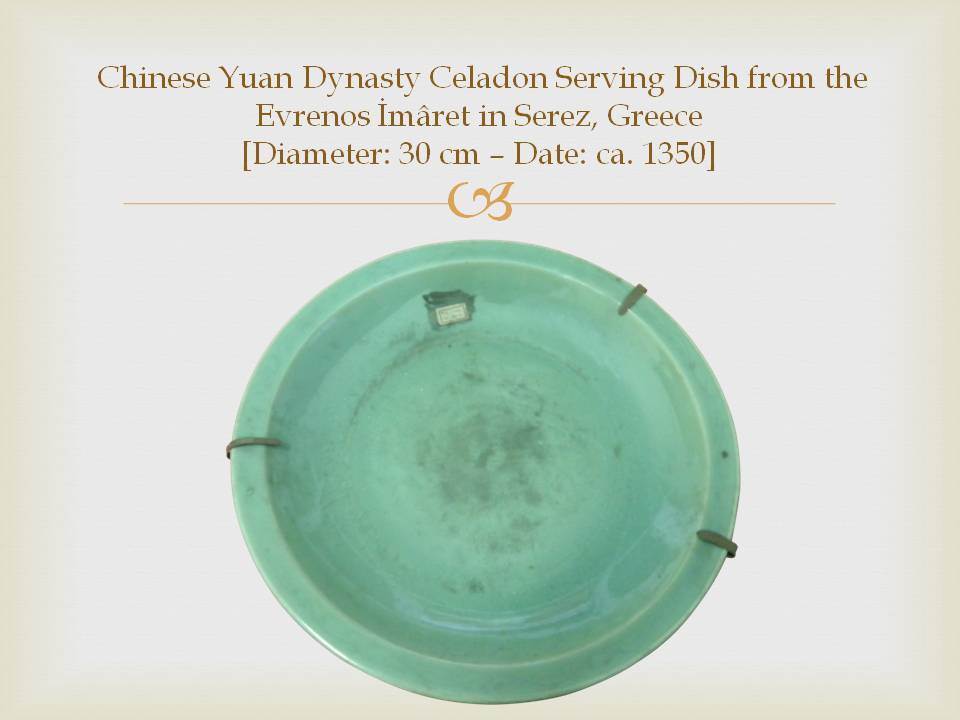
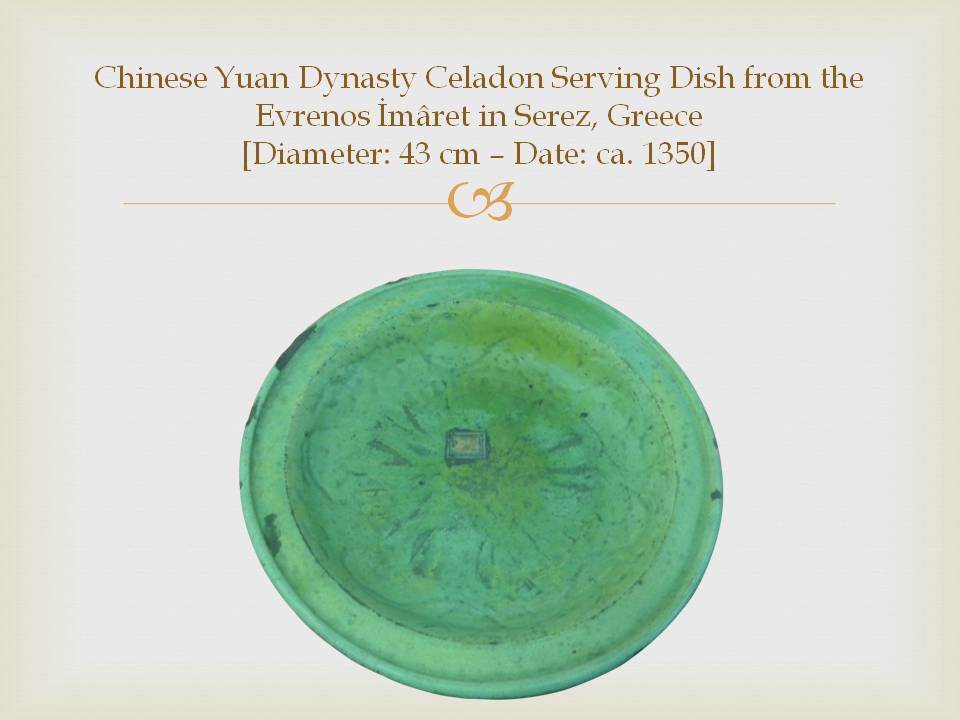
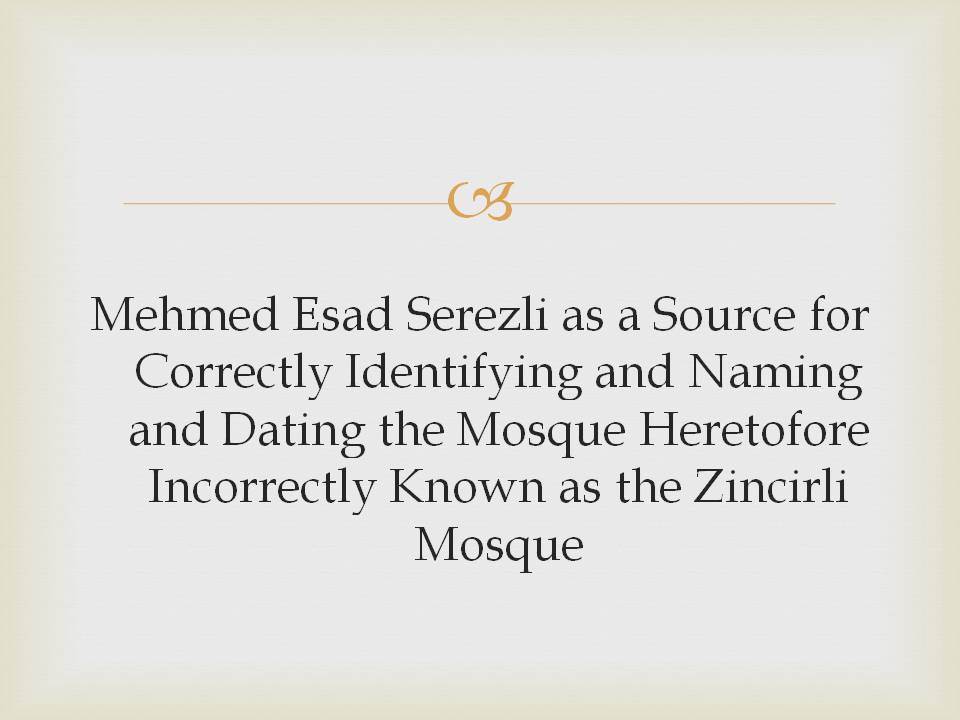
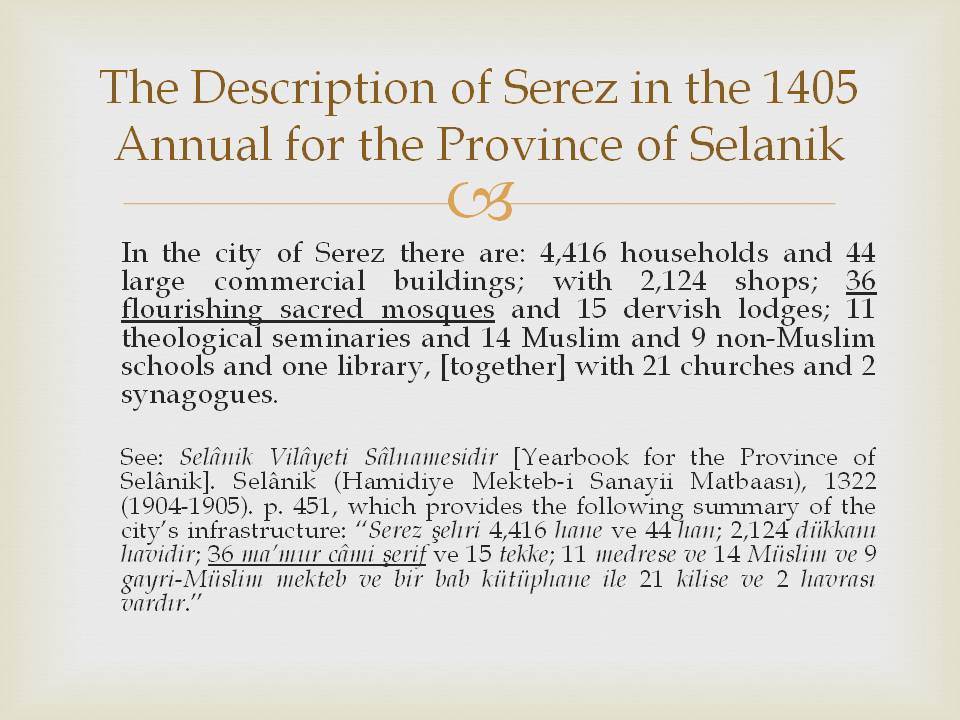
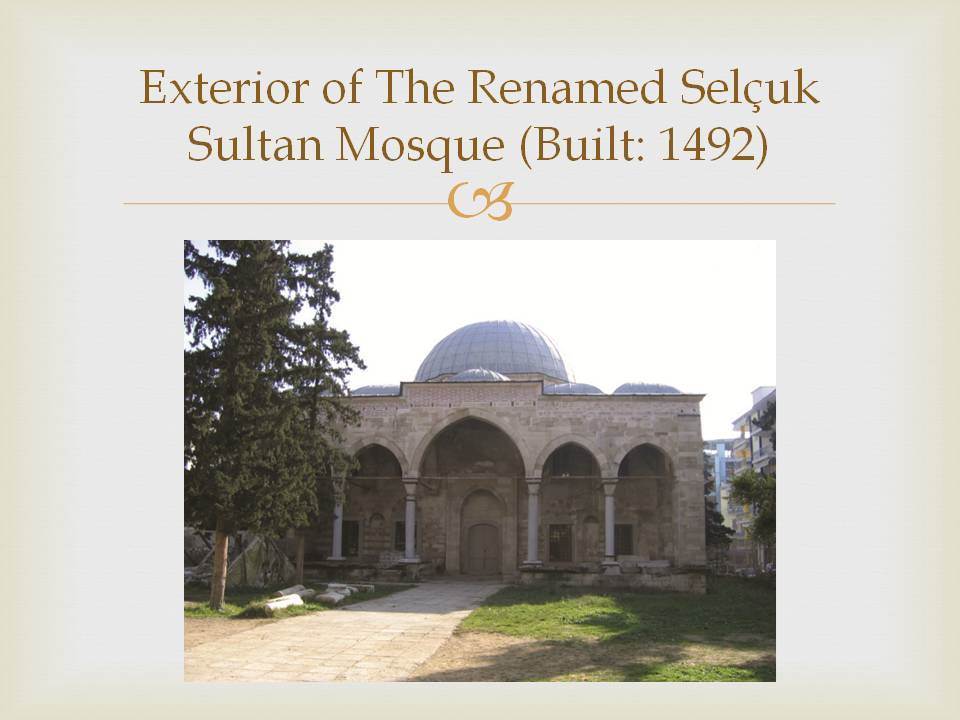
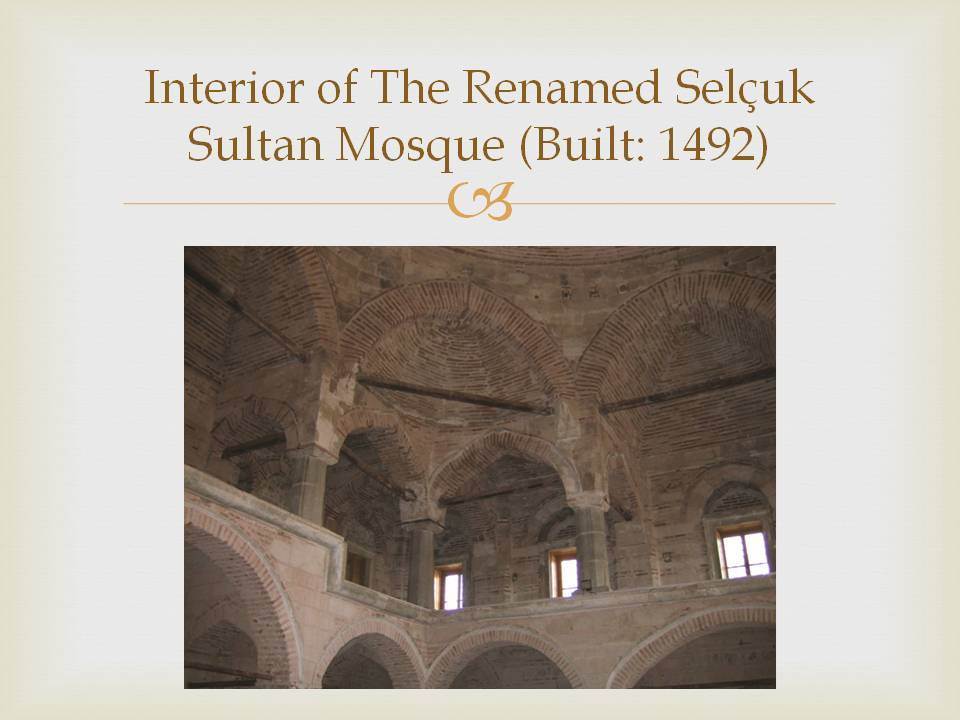
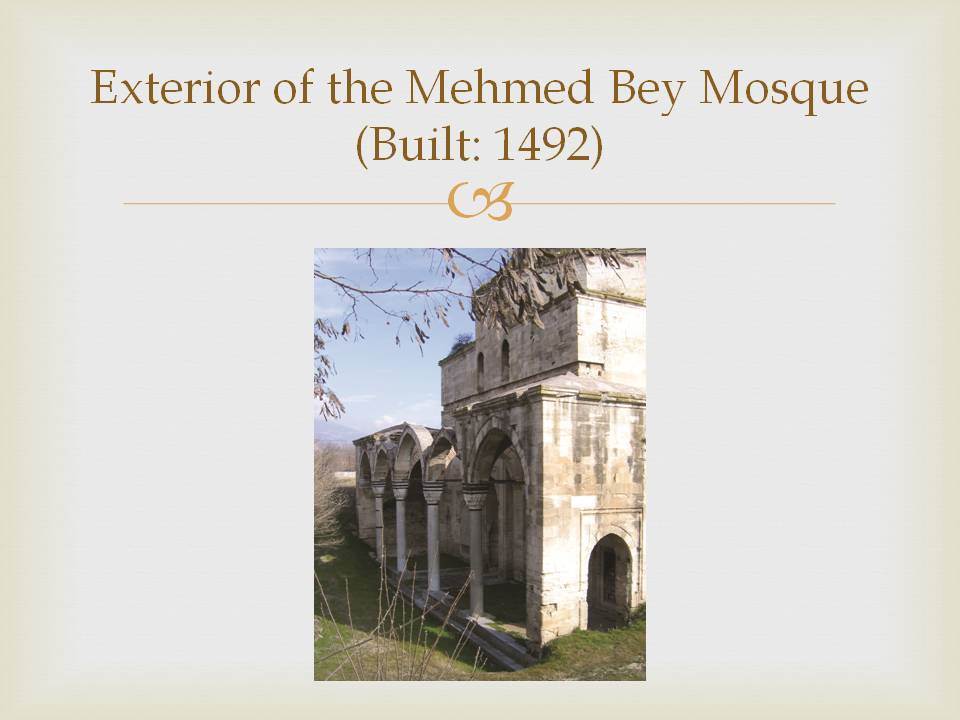
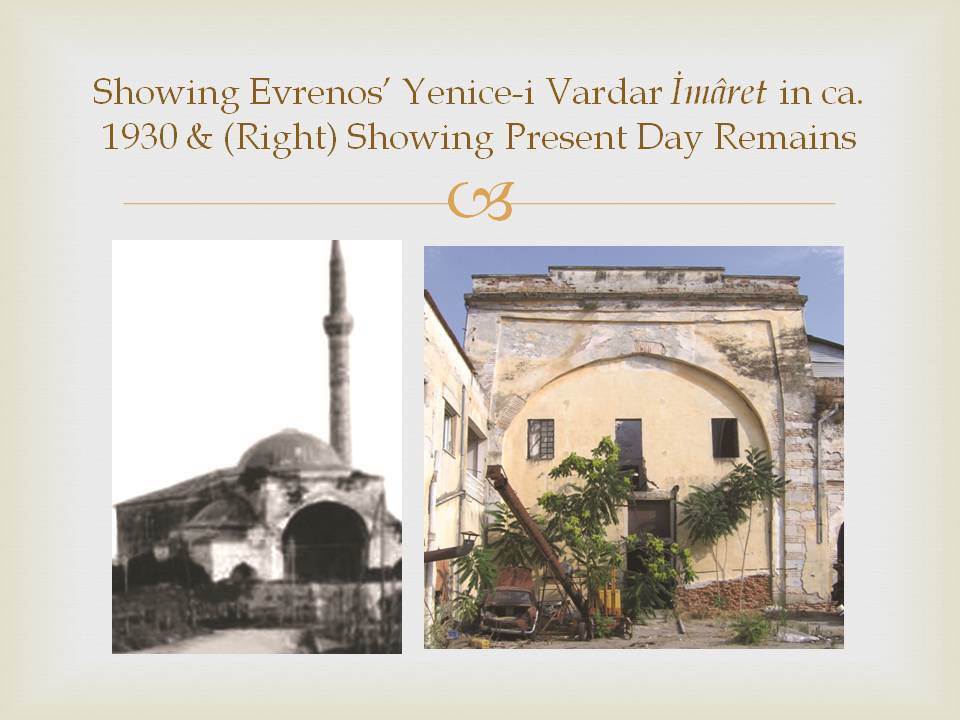
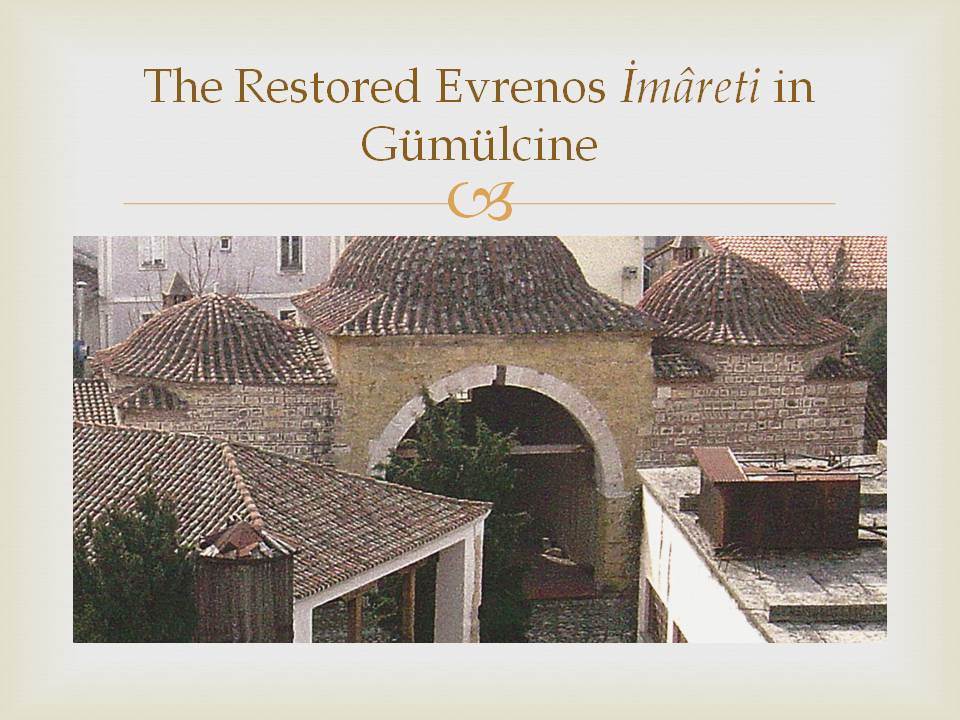
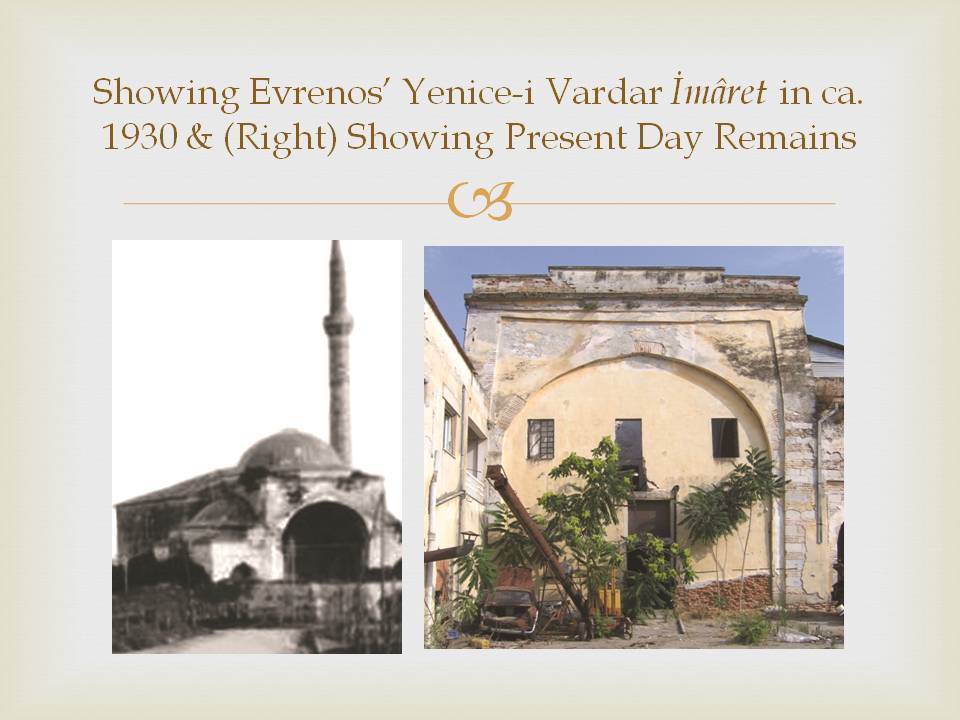
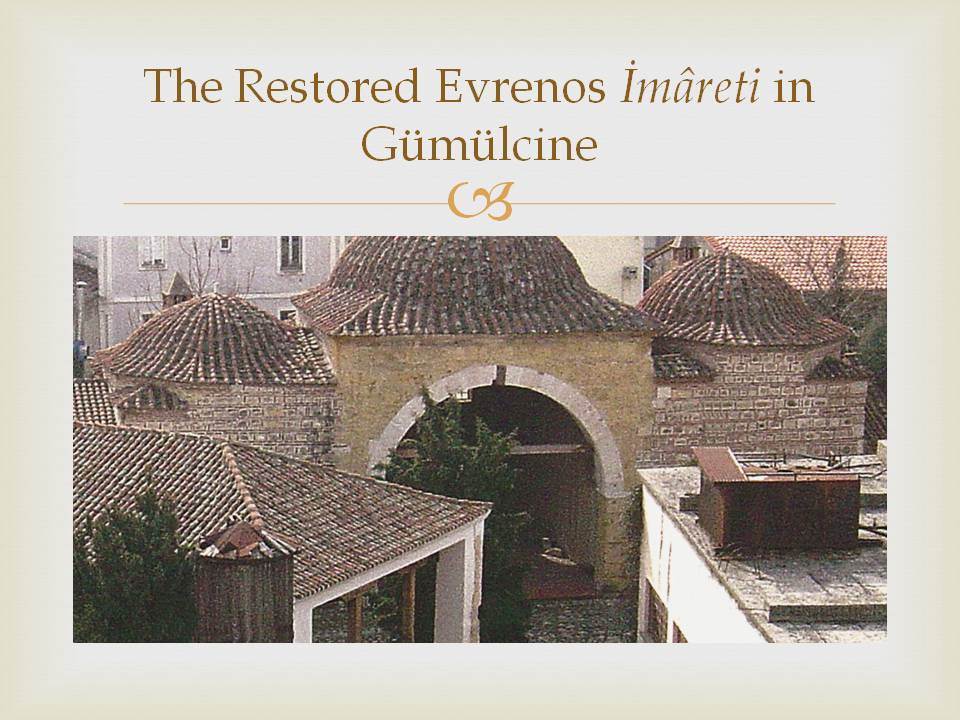
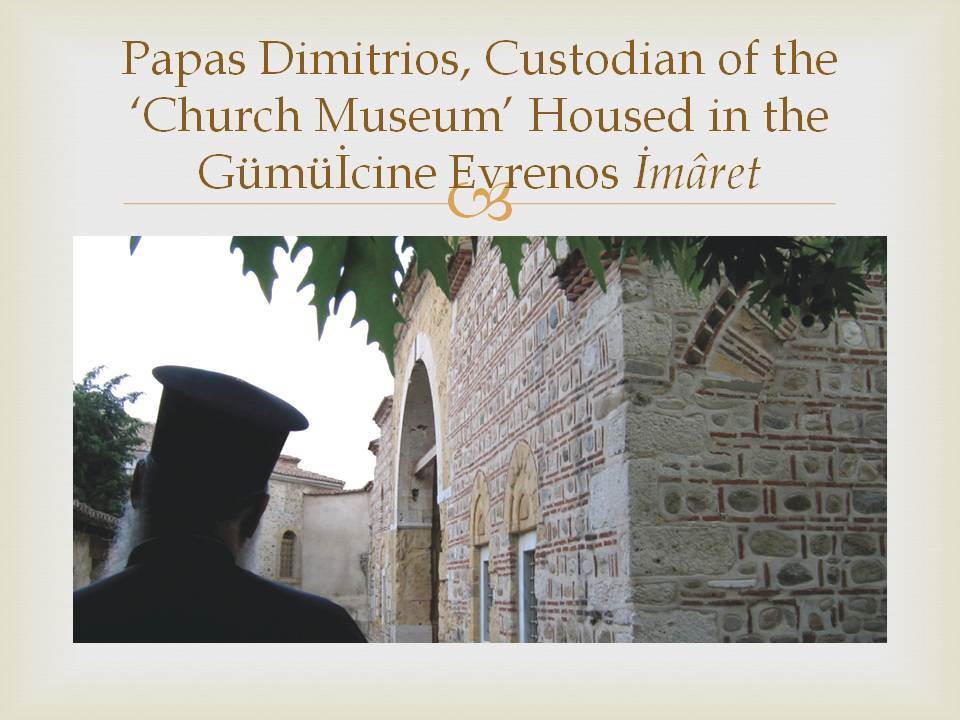
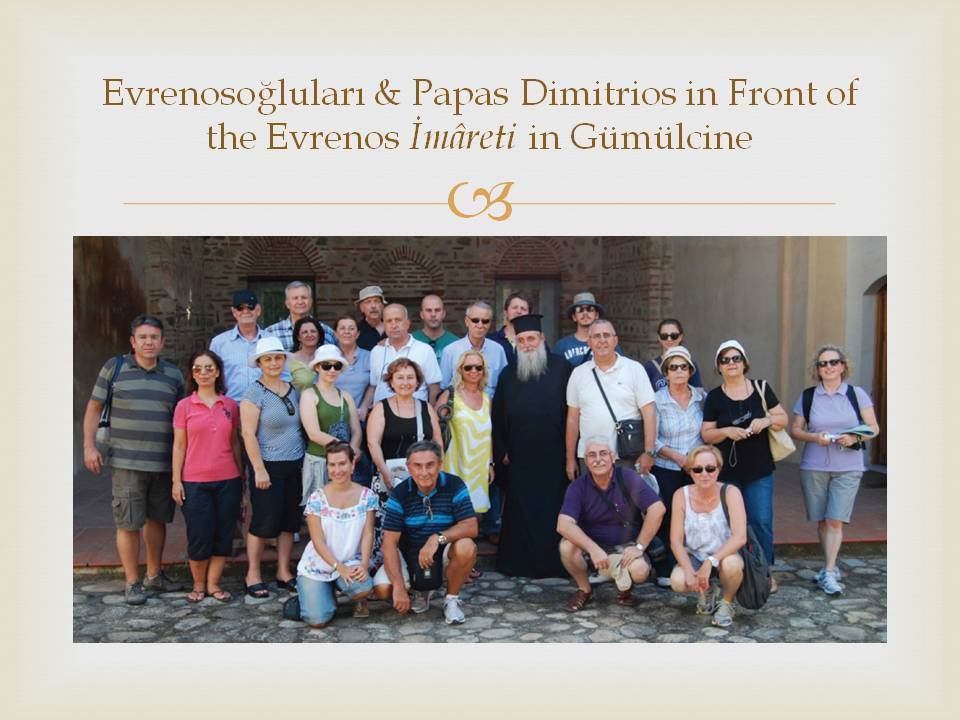

Zei Eleftheria
Lowry Heath Ward
Wittmann Richard
Balta Εvangelia
Γλώσσα
Türkçe
Ημερομηνία
18/11/2015
Διάρκεια
104:38
Εκδήλωση
Sismanoglio Megaro konuşmalar
Χώρος
Sismanoglio Megaro, Istanbul
Διοργάνωση
Γενικό Προξενείο της Ελλάδας στην Κωνσταντινούπολη
Yunanistan Ulusal Araştırma Enstitüsü Osmanlı Araştırmaları Programı ve Orient-Institut Istanbul işbirliğiyle Sismanoglio Megaro binasında “Doğu Akdeniz’de Osmanlı Geçmişini Hatırlamak” başlıklı bir konuşmalar dizisi düzenliyor. Ekim 2015 – Mayıs 2016 eğitim öğretim döneminde Sismanoglio Megaro’da Evangelia Balta (Program of Ottoman Studies, National Hellenic Research Foundation, Athens) ile Richard Wittmann’ın (Orient-Institut, Istanbul) birlikte düzenleyeceği bu konferans dizisi, Doğu Akdeniz bölgesindeki günümüz sakinlerinin ortak geçmişlerinin çeşitli yönlerine ışık tutmayı amaçlıyor. Bu konferans dizisi Orient-Institut Istanbul ile Program of Ottoman Studies at the National Hellenic Research Foundation’ın araştırma alanlarıyla örtüşmektedir. Osmanlı İmparatorluğu’nun yıkılışının sonuçlarıyla etkilerinin halen hissedildiği günümüzde, bu konferanslar hâkim tarihyazımının standart kurallarını ve sınırlarını zorlayan çok sayıda kaynağa odaklanmaktadır. Kişisel ve resmi yazılı kaynaklarının yanı sıra görsel ve sanatsal ifade biçimlerini de araştırma sürecine dahil eden bu dizi, bu geniş –ve yüzyıllar boyunca bir bütün olarak kalmış– coğrafi alanda yirminci yüzyılın ilk otuz yılındaki derin siyasi değişikliklere eşlik eden kopuşlara ve sürekliliklere bir ışık tutma denemesi olacaktır. Devamını oku: http://goo.gl/JDzkt4
Eleftheria Zei: Tarihte Görünmez Kentler: Girit, 19.-20. Yüzyıllar
ÖZET: 19. yüzyıl ile 20. yüzyıl arasında, yarı-özerk ‘Girit Devleti’ döneminde (1898-1906), Girit’in kentli toplulukları iktisadi, toplumsal ve siyasal dönüşümler yaşadı. Bu dönüşümlerin kentsel mekâna ve onun toplumsal ayrımlarına da yansımaları oldu. Mısır idaresi altında ve Tanzimat reformlarıyla mimari yenilikleri tecrübe etmeye başlamış olan ve yeni yeni kentleşen Girit kasabaları, modern devlet ve kamu otoritesi hakkındaki neo-klasik Yunan düşünceleri için ideal bir locus olmakla kalmadı. Aynı zamanda, adanın tarihsel geçmişini millileştirerek Müslüman kent mekânını yeniden sahiplenmeyi amaçlayan adanın yeni Hristiyan elitleri arasında da yoğun ideolojik tartışmaların alanı haline geldi.
Heath Ward Lowry: Osmanlı Son Döneminde Serez’deki Yaşama Özgün Bir Bakış: Mehmed Esad Serezli’nin Anıları
ÖZET: Osmanlı Tarihi üzerine çalışan araştırmacılar, yerel tarih veya kent tarihi olarak adlandırılan türde eserlere hemen hiç rastlamazlar. Bu durumun bir istisnası Mehmed Esad Serezli’nin, doğduğu şehir olan Doğu Makedonya’daki Serez’i en ince ayrıntılarına kadar tasvir ettiği ve kısa süre önce yayınlanan iki ciltlik çalışmasıdır. Bu konuşma bu çalışmanın Serez’in on dokuzuncu yüzyıl sonu ve yirminci yüzyıl başı tarihi açısından önemini göstermeyi amaçlıyor.
Τhe National Hellenic Research Institute (Ottoman Studies Programme) and the Orient-Institut (Istanbul) is to hold at the Sismanoglio Megaro a series of lectures titled “Remembering the Ottoman Past in the Eastern Mediterranean”. This joint series of lectures organized by Evangelia Balta (Programme of Ottoman Studies, National Hellenic Research Foundation, Athens) and Richard Wittmann (Orient-Institut, Istanbul), to be held at the Sismanoglio Megaro during the October 2015 – May 2016 academic year, aims to shed light on various aspects of the communal past of today’s residents of the Eastern Mediterannean region. This series of lectures is consistent with the research interests of the Orient-Institut Istanbul and the Programme of Ottoman Studies at the National Hellenic Research Foundation. It focuses on a large number of sources that go beyond the standard rules of established history-writing. By taking into account personal and official textual sources, as well as visual and artistic forms of expression, an attempt will be made to throw light on the rifts and continuities that accompanied the profound political reshuffling in this wide – and for centuries, unified – geographical area during the first third of the twentieth century. Read more http://goo.gl/cL5mVN
Our guests on 18th Nov 2015 presented the Ottoman past of two Greek regions, Crete and Serres, one in the south of the country and one in the north, which differ as to the time and manner of their conquest by the Ottomans. Crete, a Venetian possession, became part of the Ottoman Empire very late in 1670 after a long, difficult war, while Serres fell to the Ottomans in 1383. A little later the lands of Serres were given over to Gazi Evrenos Bey, the kazasker Kara Halil Hayreddin Paşa from the Candarlı family. According to local tradition, Serres capitulated as a result of a particularly favourable agreement for the city’s Christian population. Under this no church was to be converted into a mosque and the Muslims would not be entitled to live inside the walled town. The monastery of St. John the Baptist, Margarid Manastırı, retained the privileges and property it had had under the Byzantines and the Serbs. Here the first patriarch after the Fall of Constantinople, Gennadius Scholarius, was to live as a monk and later be buried. The Muslim quarters and all the mosques, mescid, zaviye, medrese, bezesten, etc. were built around the old walled city by great hegemonic families and members of the sultan’s family. These institutions are described by Μehmet Esad Serezli in his five recently-published manuscripts found at Milli Kütüphane which also reflect his memories of relations between the ethno-religious communities, their manners and customs. An ethnography resembling those portraying their own fatherlands left behind at the Centre for Asia Minor Studies by Rum refugees from Anatolia. Born in 1877 in the mahalle of Eslime Ηatun in Serres, he died a refugee in Ankara in 1965. The audience was taken on a tour of Μehmet Esad Serezli’s beloved Serres by Prof. Ηeath Lowry, who over the last few years has been systematically studying the presence of Evrenos Bey in Northern Greece. Lowry has been the Atatürk Professor of Ottoman and Modern Turkish Studies at Princeton University.
Eleftheria Zei: The invisible cities in history: Crete 19th-20th centuries.
ABSTRACT: Between 19th and 20th century, during the period of the semi-autonomous “Cretan State” (1898-1906), Cretan urban societies undergo a series of important economic, social, political and cultural transformations, which reflected on urban space and its social distinctions. Having already experienced architectural innovations during the Egyptian administration and the Tanzimat reforms, newly urbanized Cretan towns not only became an ideal locus of Greek neoclassical ideas on modern State and public authority, but also the field of intense ideological debates among new Christian elites of the island, who aim at the re-appropriation of Muslim urban space through the nationalization of its historical past.
Heath Ward Lowry: A Unique Glimpse into the Life in Late Ottoman Serez:
The Memoirs of Mehmed Esad Serezli
ABSTRACT: Totally missing to the students of Ottoman History is the genre of work known as local or city histories. One exception is the recently published two volume work by Mehmed Esad Serezli describing in minute detail the city of his birth, Serez in Eastern Macedonia. The present talk seeks to illustrate the value of this study for the city’s late 19th and early 20th century history.
Eleftheria Zei 1961’de Iraklion, Girit’te doğdu. Atina Üniversitesi Felsefe Bölümü’nde eğitim gördükten sonra Paris I, Sorbonne’da lisansüstü çalışmalarda bulundu. 1992’den 1998’e kadar Neo-Hellenik Araştırma Merkezi/Ulusal Hellenik Araştırma Vakfı’nda araştırmacı olarak çalıştı. Girit Üniversitesi Tarih ve Arkeoloji Bölümü’nde ve Institut Français d’Athènes bünyesinde Atelier de Traduction Littéraire -Sciences Humaines’de Modern Tarih dersleri veriyor. Modern dönemlerde Ege ve Girit başta olmak üzere Akdeniz adalarının toplumsal ve iktisadi tarihi ve tarihyazımı üzerine yayınlar yapmıştır.
Eleftheria Zei Born in Iraklion Crete in 1961, she studied at the Department of Philosophy at Athens University and attended postgraduate studies in Paris I, Sorbonne. From 1992 to 1998 she worked as an academic associate at the Neohellenic Research Centre/National Hellenic Research Foundation. She teaches Modern History in the Department of History and Archaeology at the University of Crete and at the Atelier de Traduction Littéraire – Sciences Humaines at the Institut Français d’Athènes. Her main publications are on the social and economic history and historiography of Mediterranean islands, starting from the Aegean and Crete in modern times.
Richard Wittmann (Ph.D. in History and Middle Eastern Studies, Harvard University 2008) is the Associate Director of the Orient-Institut Istanbul. After studying Law, Islamic Studies, and Turcology at the University of Munich and at Freie Universität Berlin he was awarded a scholarship from Harvard University where he continued his studies at the Department of History and at the Center for Middle Eastern Studies.
His research interests focus on Islamic legal history and the social history of the Ottoman Empire. Special attention is given in his work to the consideration of self-narratives as historic sources for the study of the Near East.
Richard Wittmann coordinates an international collaborative research project aiming at the study and publication of Ottoman self-narratives (www.istanbulmemories.org). He is the editor of the publication series Memoria. Fontes Minores ad Historiam Imperii Ottomanici Pertinentes (www.perspectivia.net/publikationen/memoria) and (co)editor of the monograph series Self-Narratives of the Ottoman Realm: Individual and Empire in the Near East (Farnham: Ashgate).
Εvangelia Balta was born in Kavala in 1955. She studied in the History Department of the Aristotle University of Thessaloniki (1973-1977) and, thanks to a scholarship from the Alexandros S. Onassis Public Benefit Foundation, went on to study at the Sorbonne (Paris I-Sorbonne) and the Ecole Pratique des Hautes Etudes IV Section in Paris (1980-1983). She received her doctorate in Ottoman History in 1983. She worked in the Historical Archive of Macedonia (Thessaloniki, 1979), at the Centre for Asia Minor Studies (1978, 1984-1987) and taught at the Ionian University during the first two years after its foundation (Corfu, 1985-1987). Since 1987 she has worked at the National Hellenic Foundation for Scientific Research.
Her interests revolve around subjects related to economic and social history during the Ottoman period, as well on the history of Hellenism in Asia Minor. In addition to her commitment to various programs at the National Hellenic Research Foundation, she has also served as a scholarly advisor for the Museum of the Olive and Greek Olive Oil in Sparta, the Museum of Industrial Olive-Oil Production in Lesvos, and the Museums of Wine at the Ktima Hatzimichalis and the Ktima Gerovassiliou (Epanomi). She was academic supervisor for the restoration of the Kayakapi neighborhood (Project Kayakapı) in Ürgüp, Turkey (2003-2008). She has been invited to teach seminars for groups of graduate students by universities in Greece and abroad. Since 2011 she has taught at the Intensive Ottoman and Turkish Summer School held by Harvard University's Department of Near Eastern Languages and Civilizations (Cunda Adası-Ayvalik). She is a founding member of the planning committee of ΟΙΝΟΝ ΙΣΤΟΡΩ (History of Wine), a scholarly group which has organized seven conferences on subjects related to wine and wine production (2000-2008). Since 2008 she has organized Ιnternational Conferences on Karamanlidika Studies. She is a member of editorial committees in historical journals in both Greece and Turkey.

